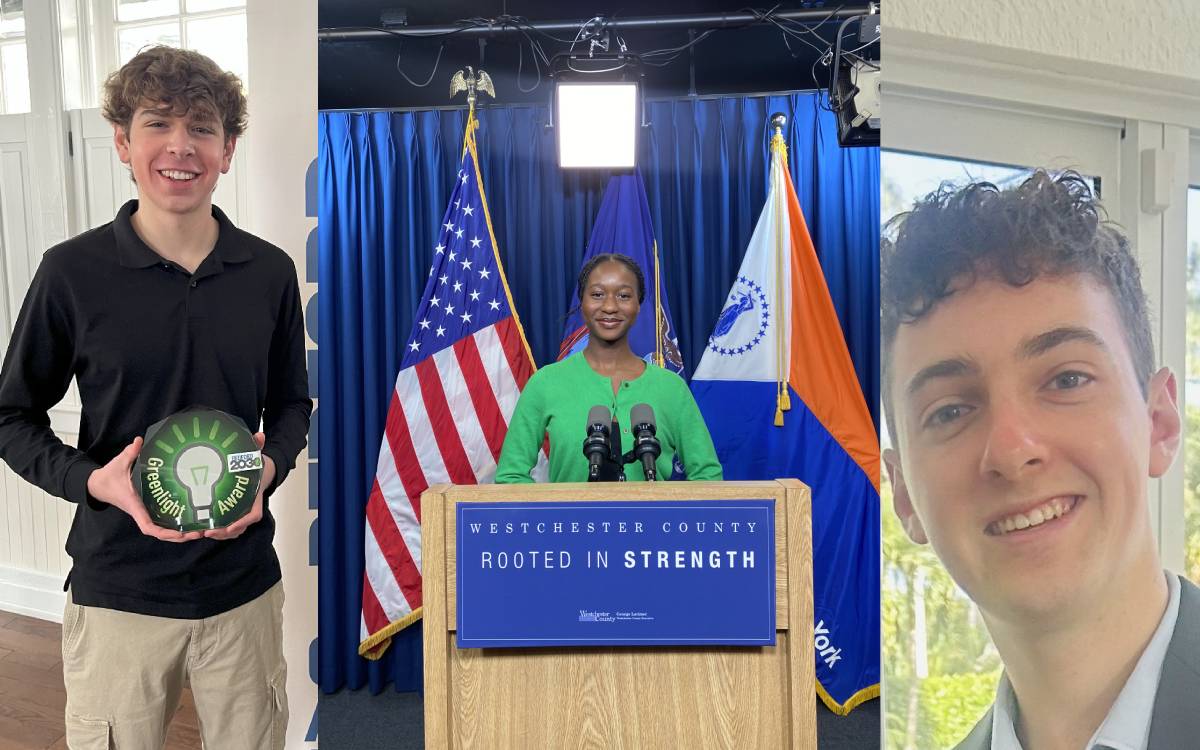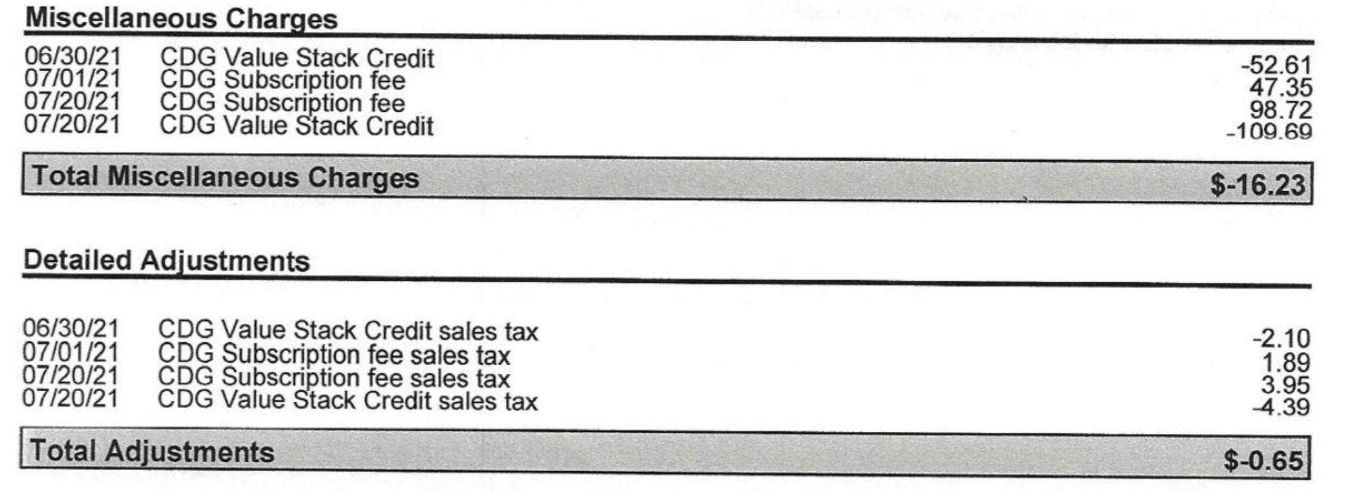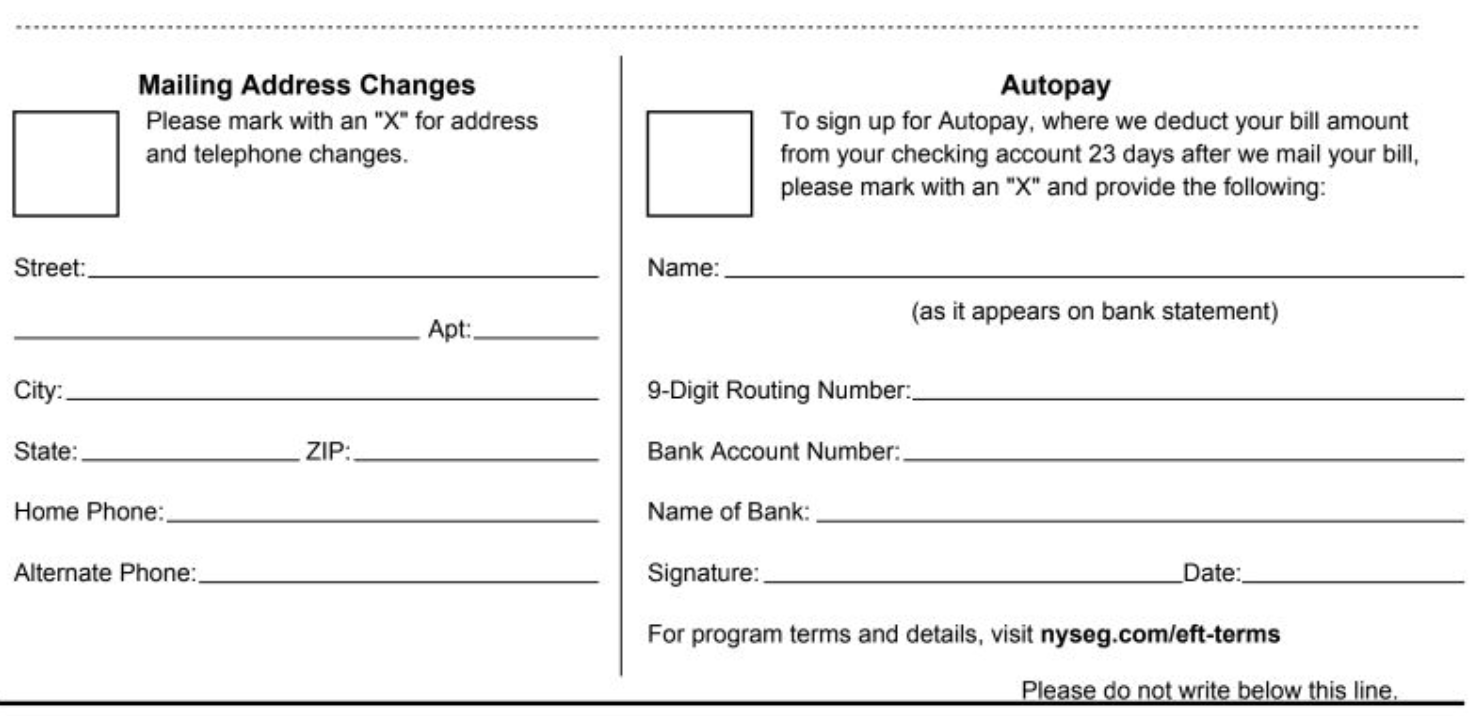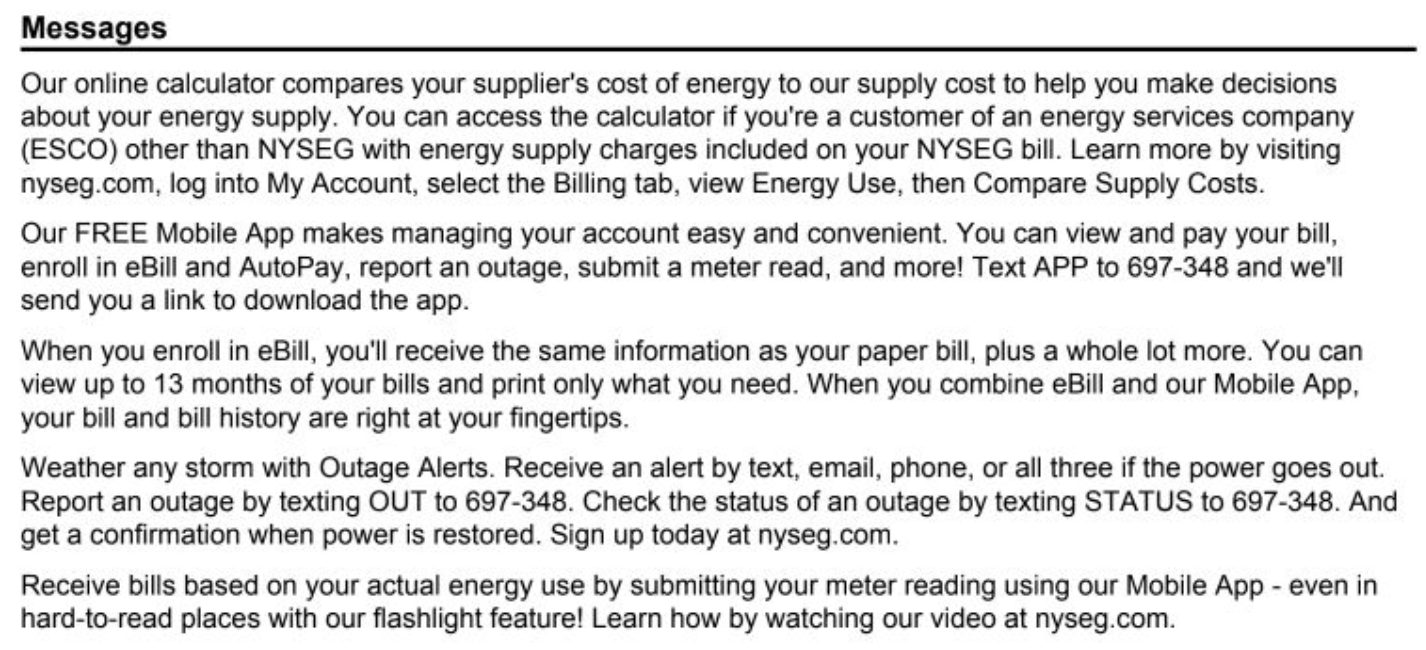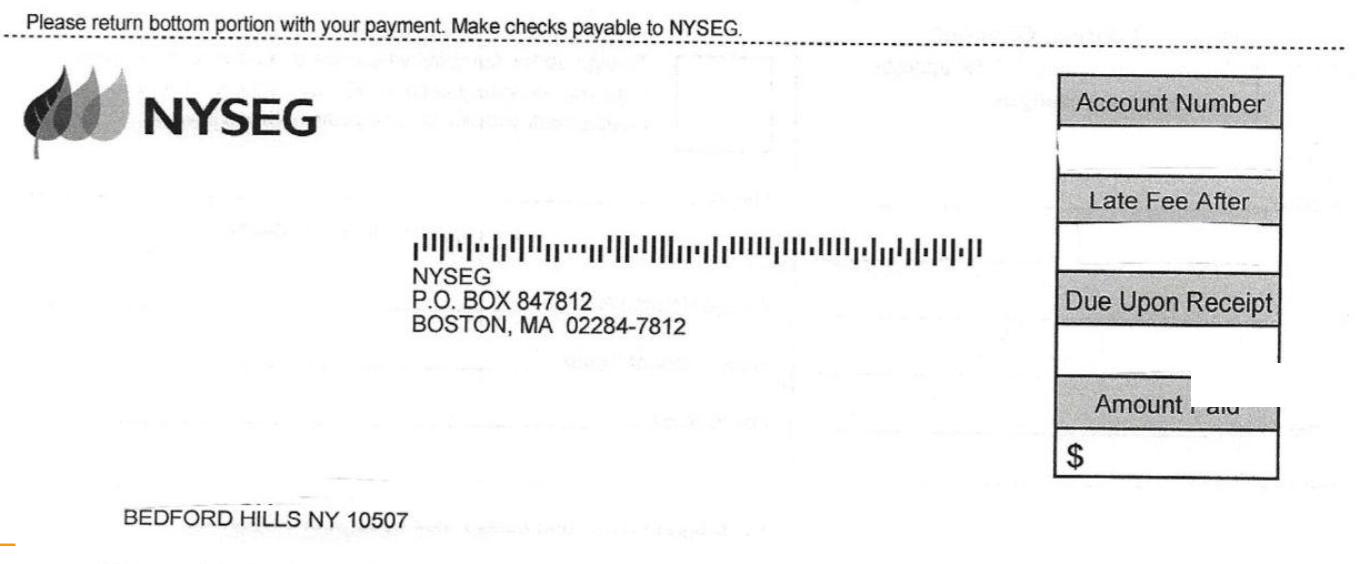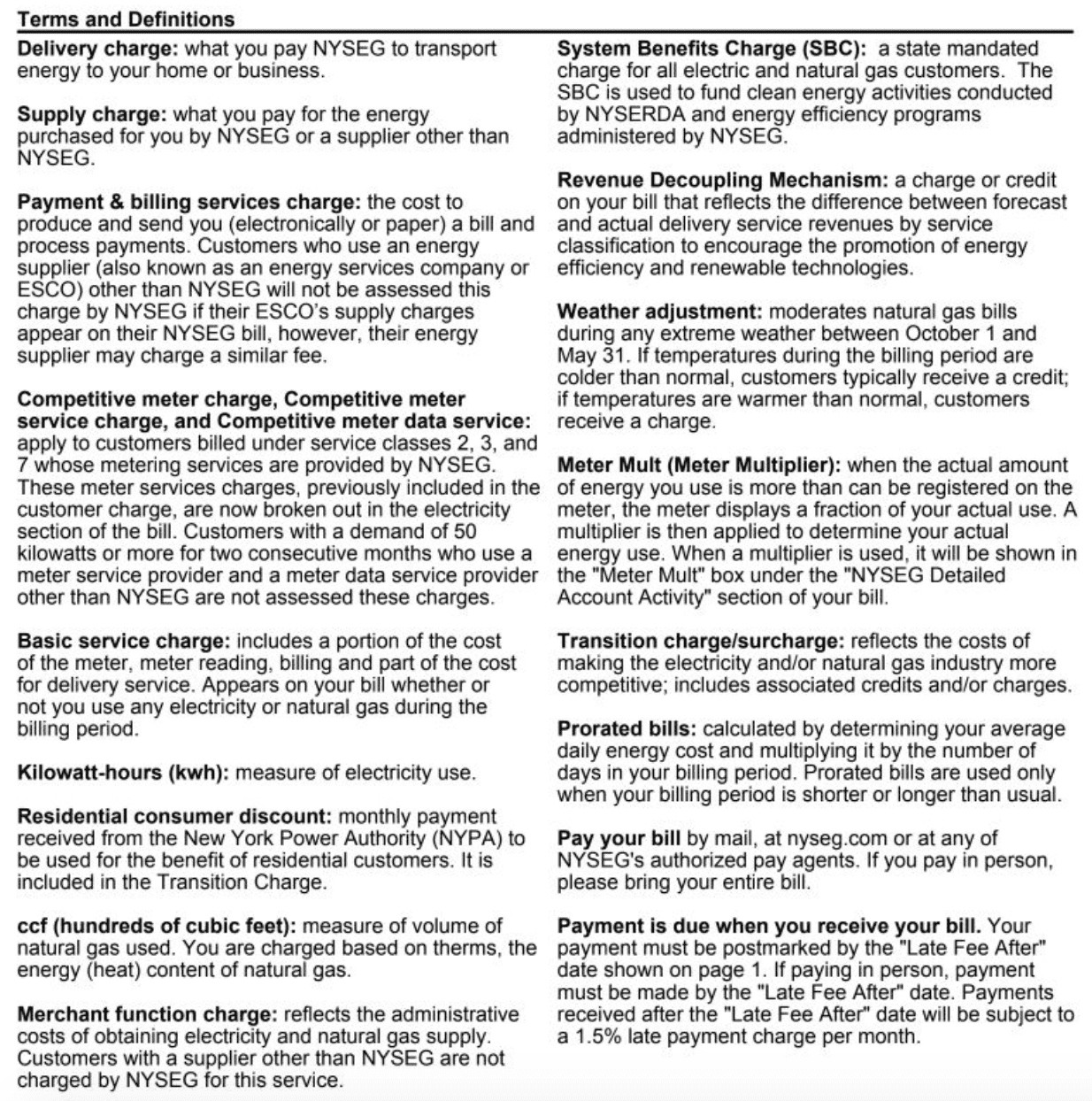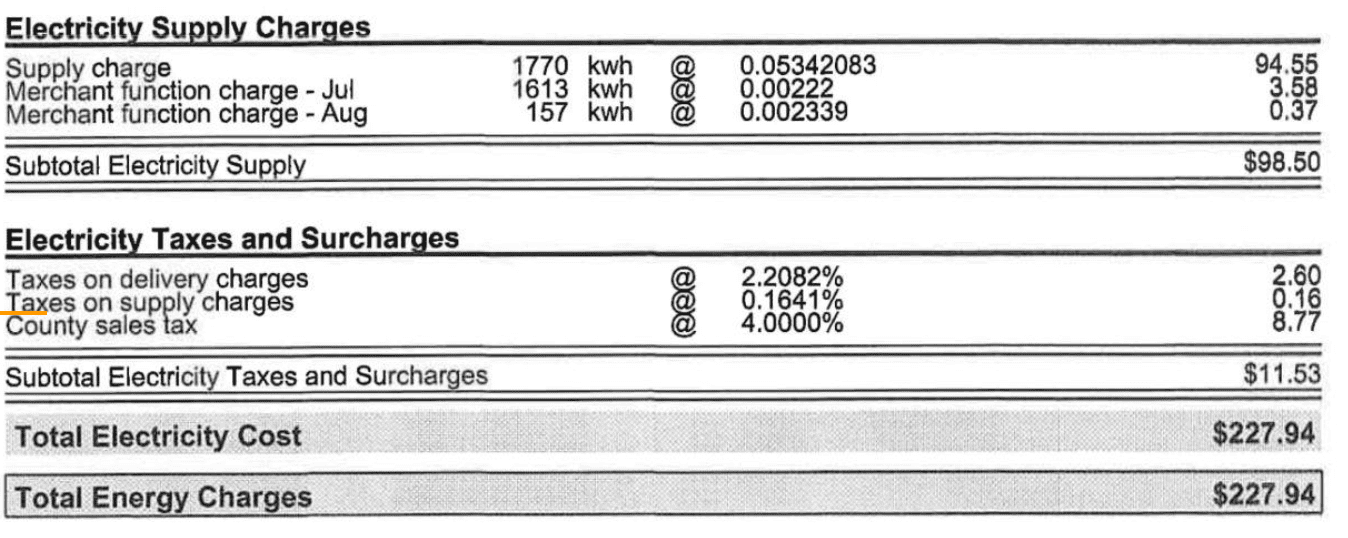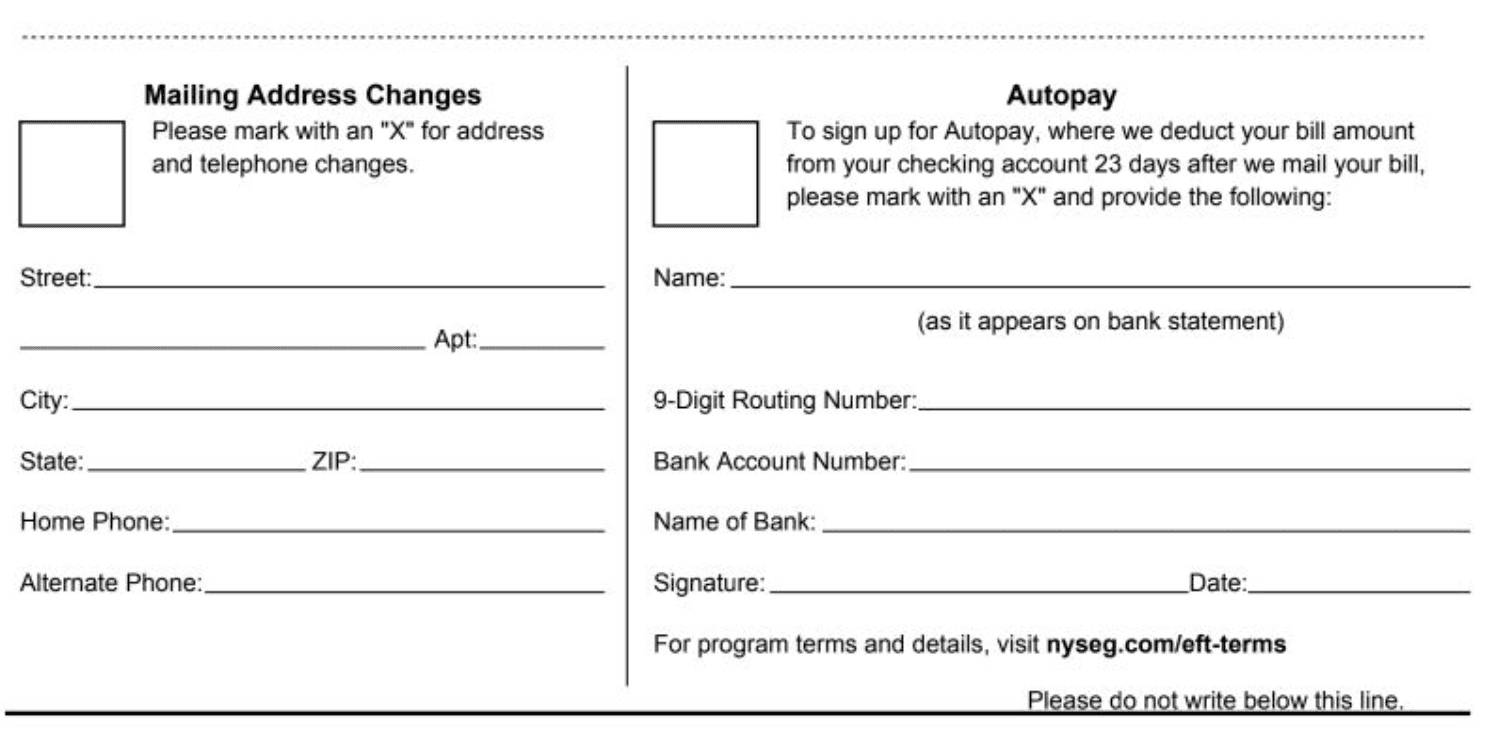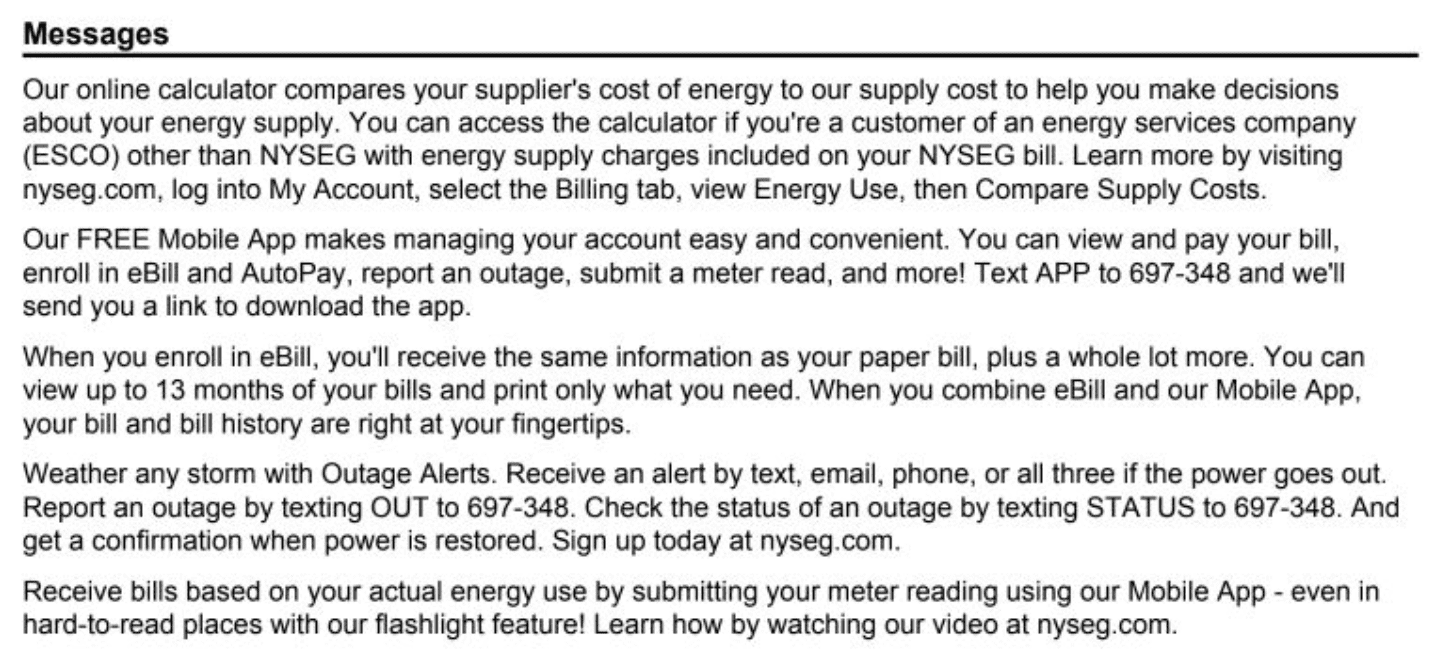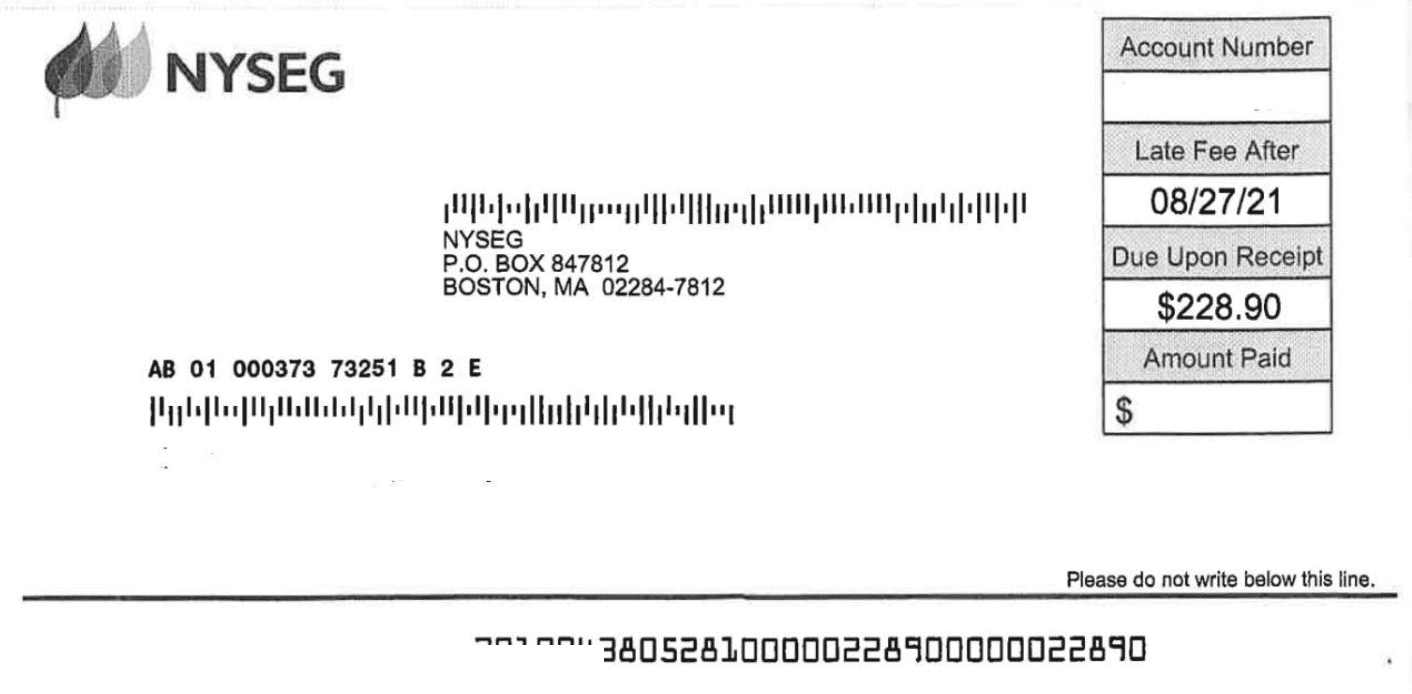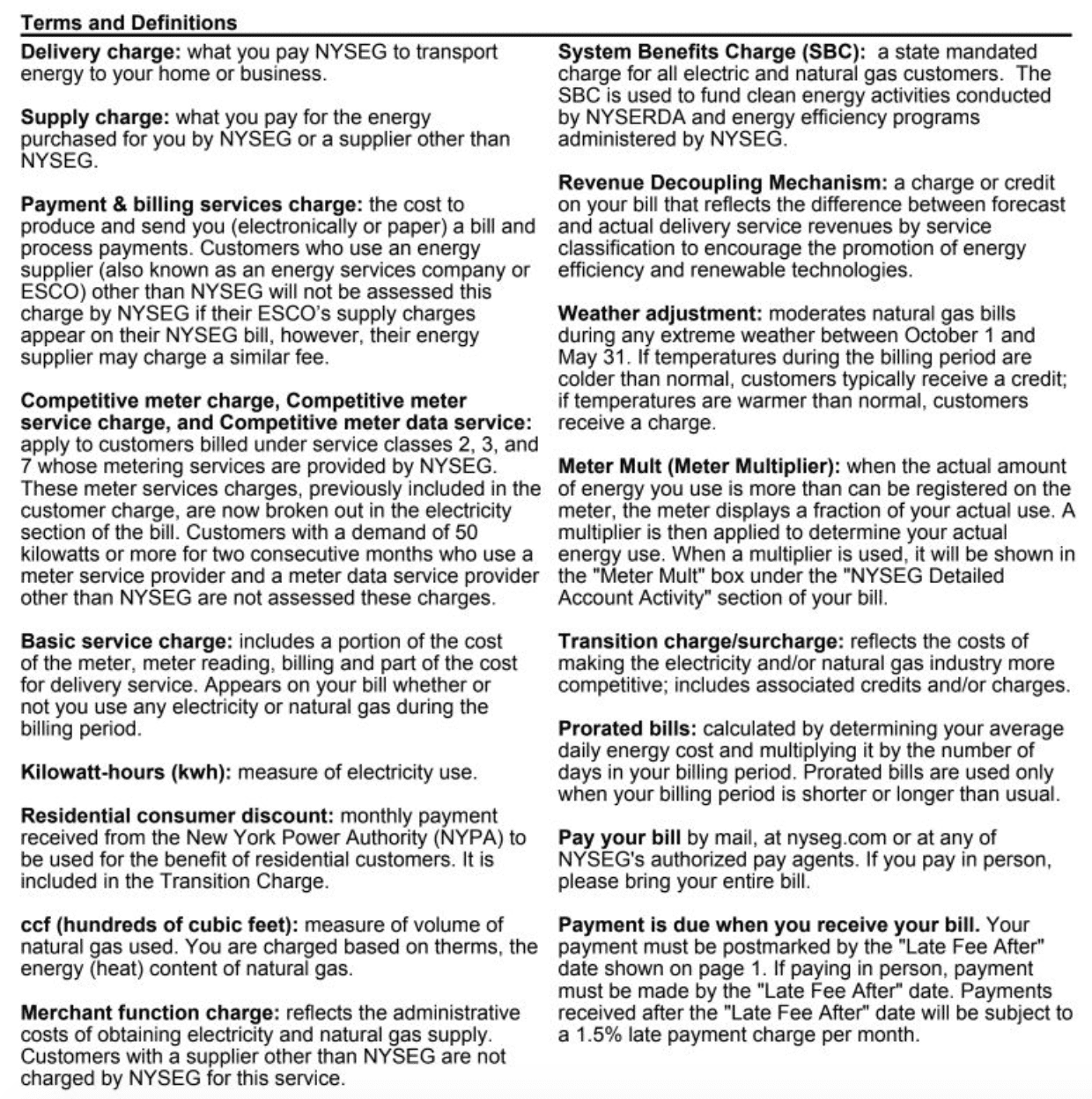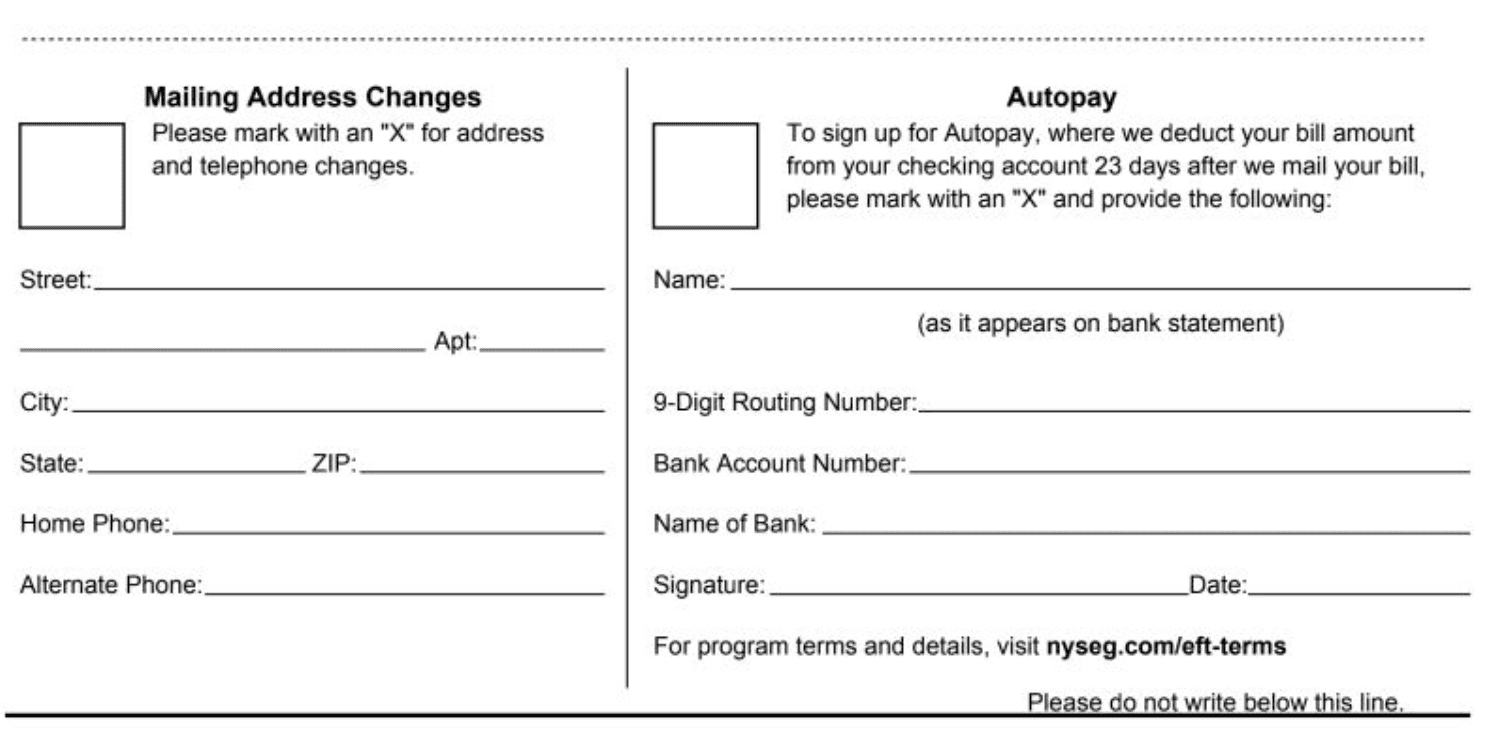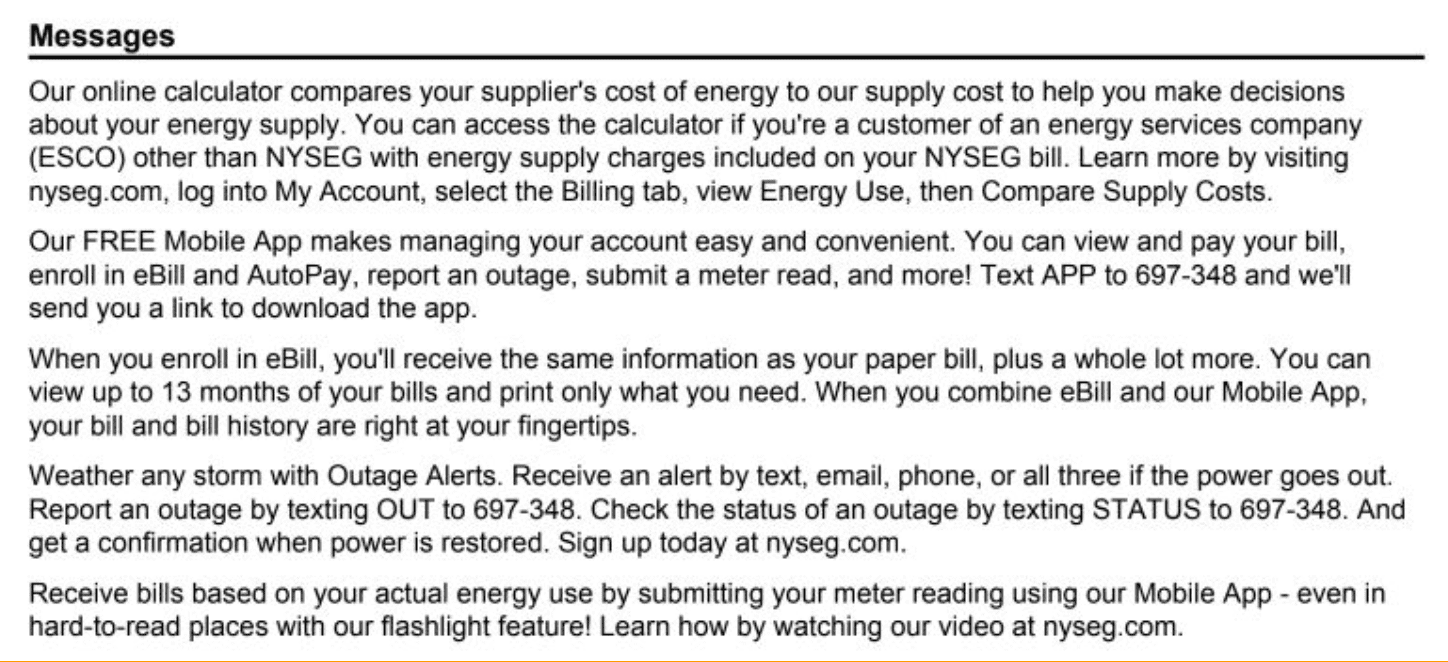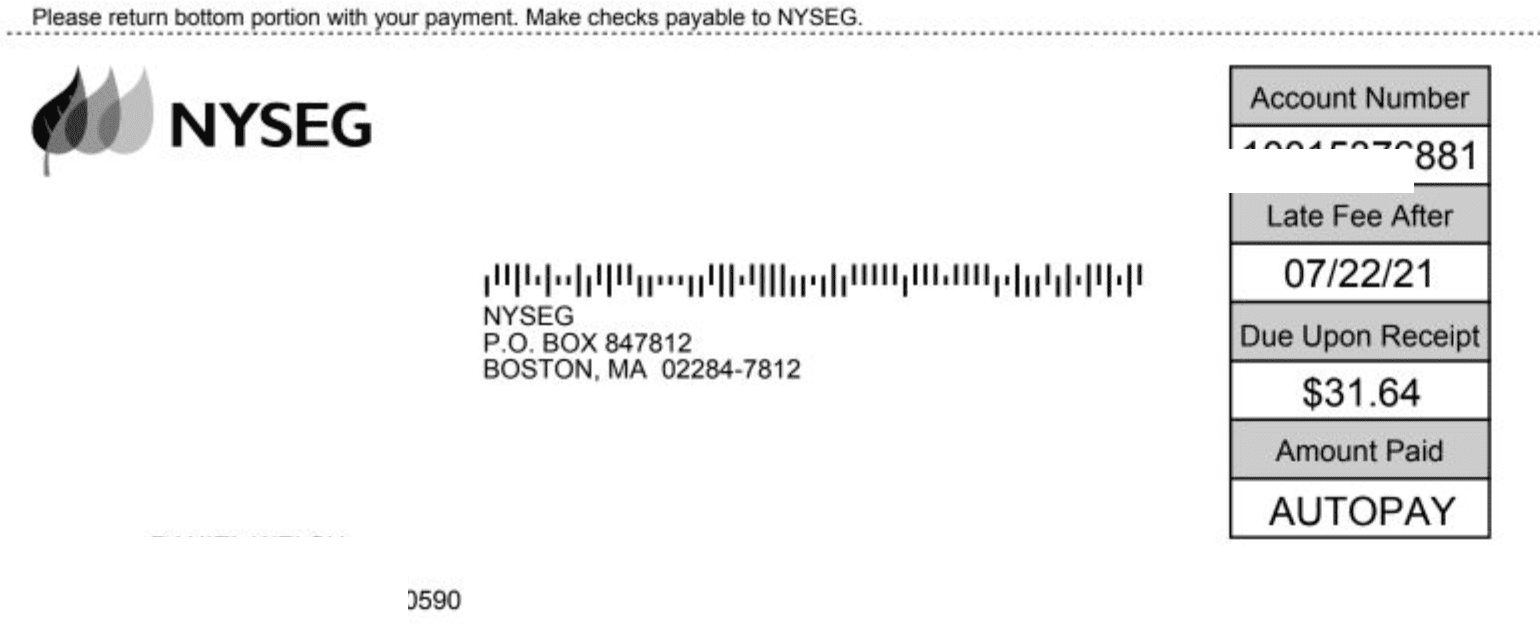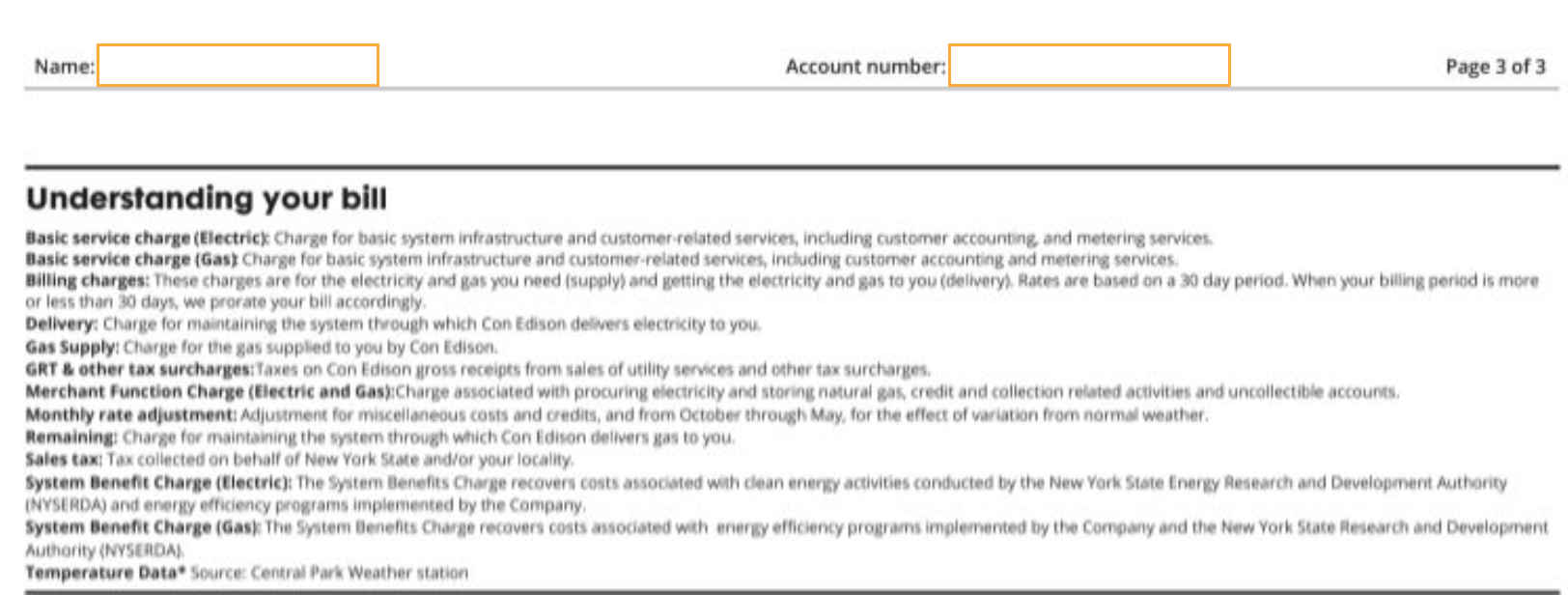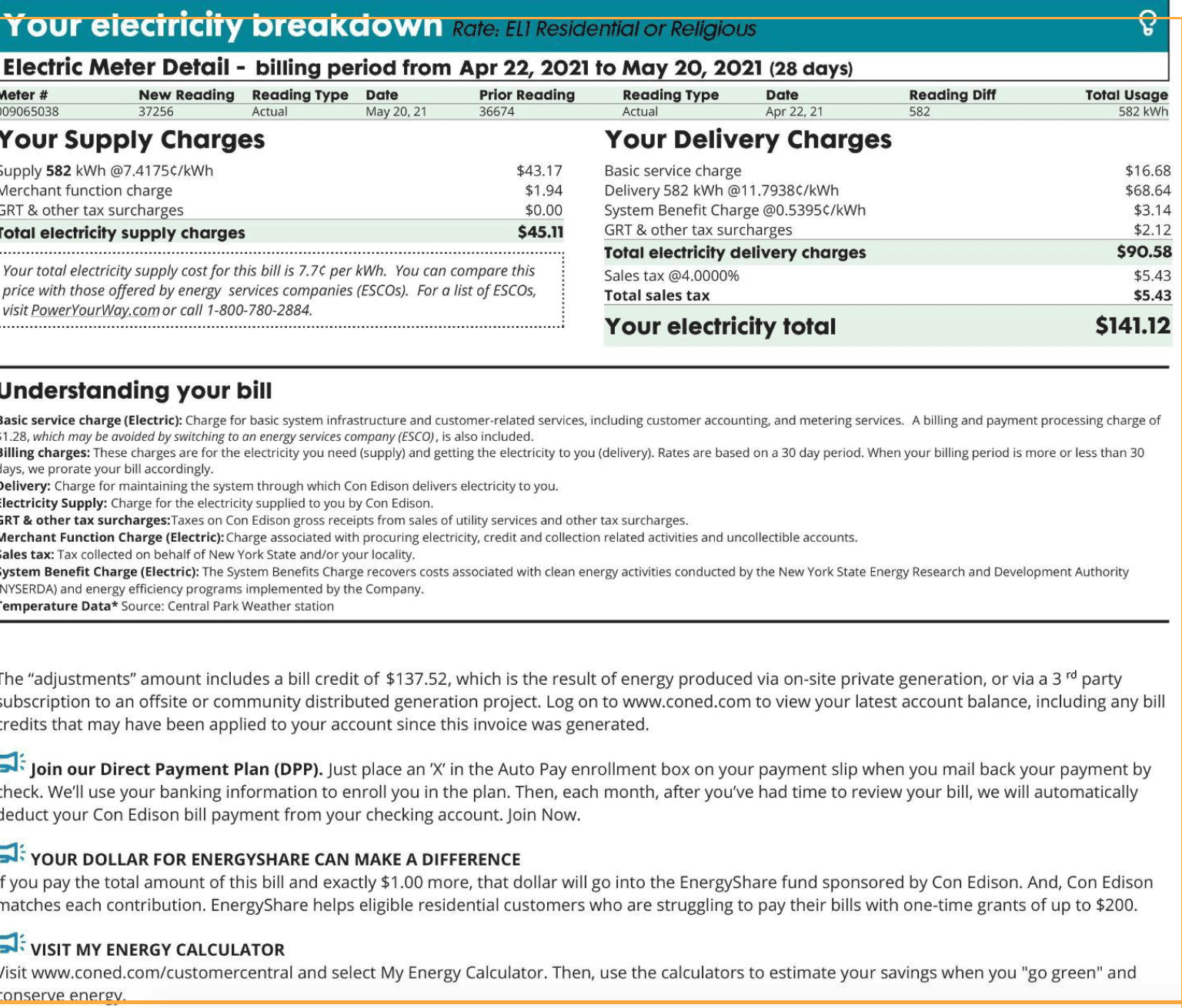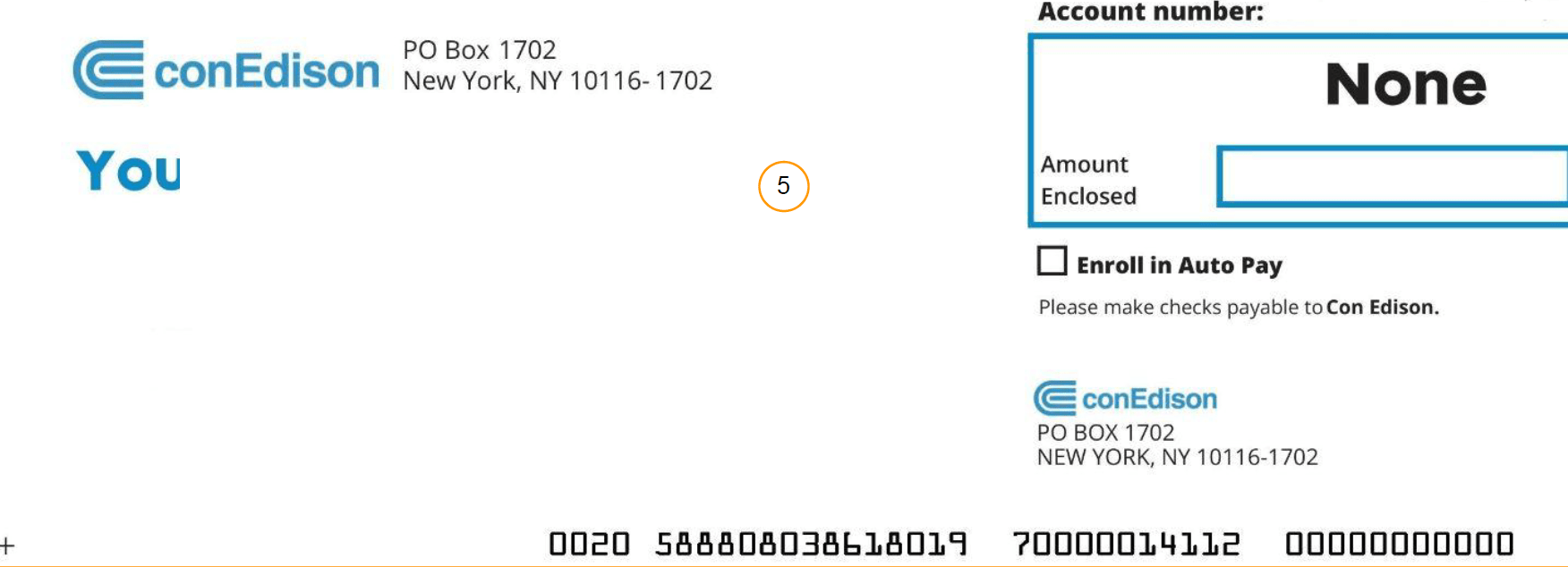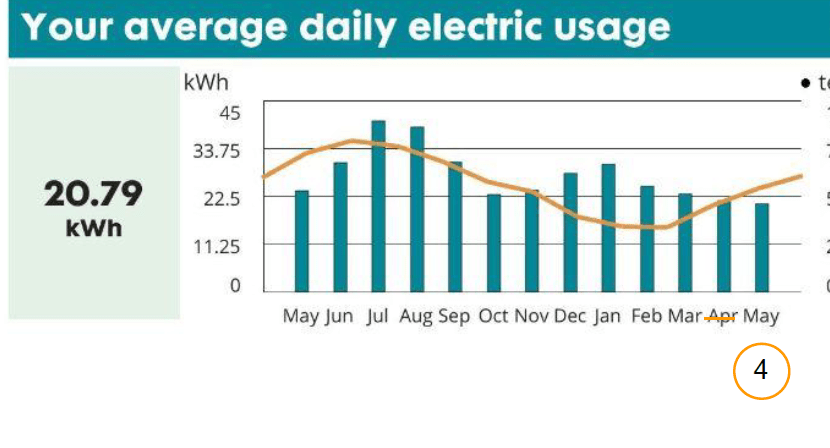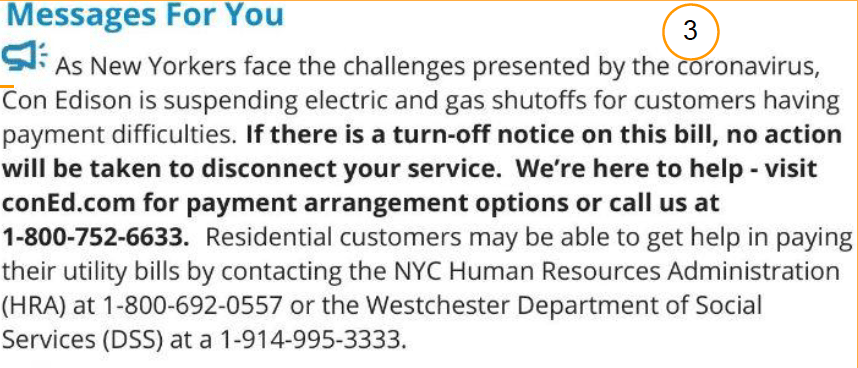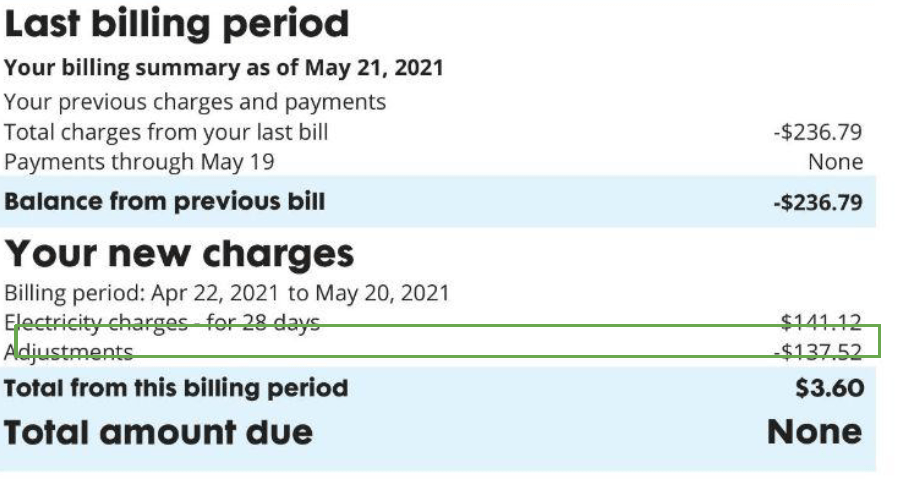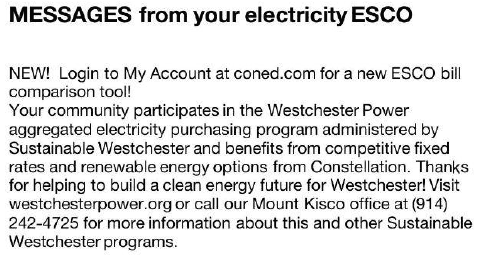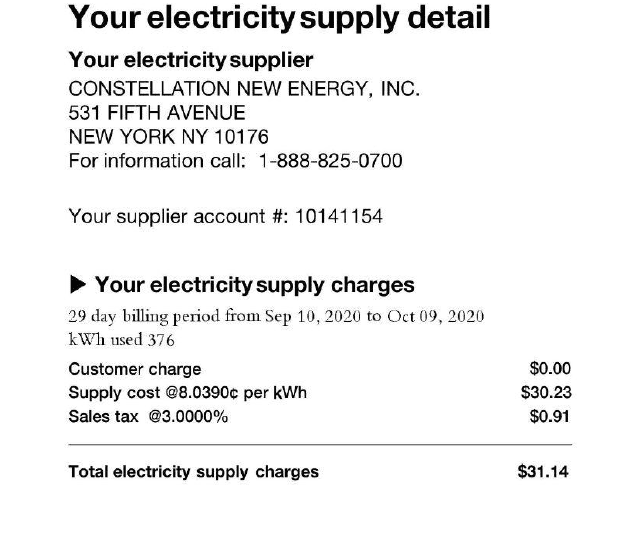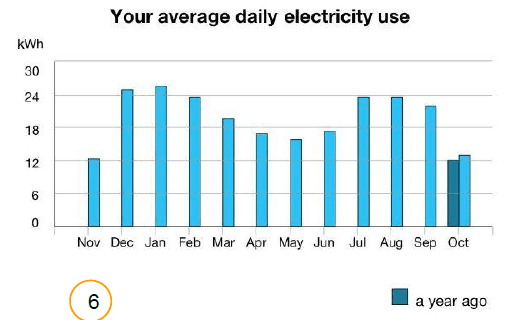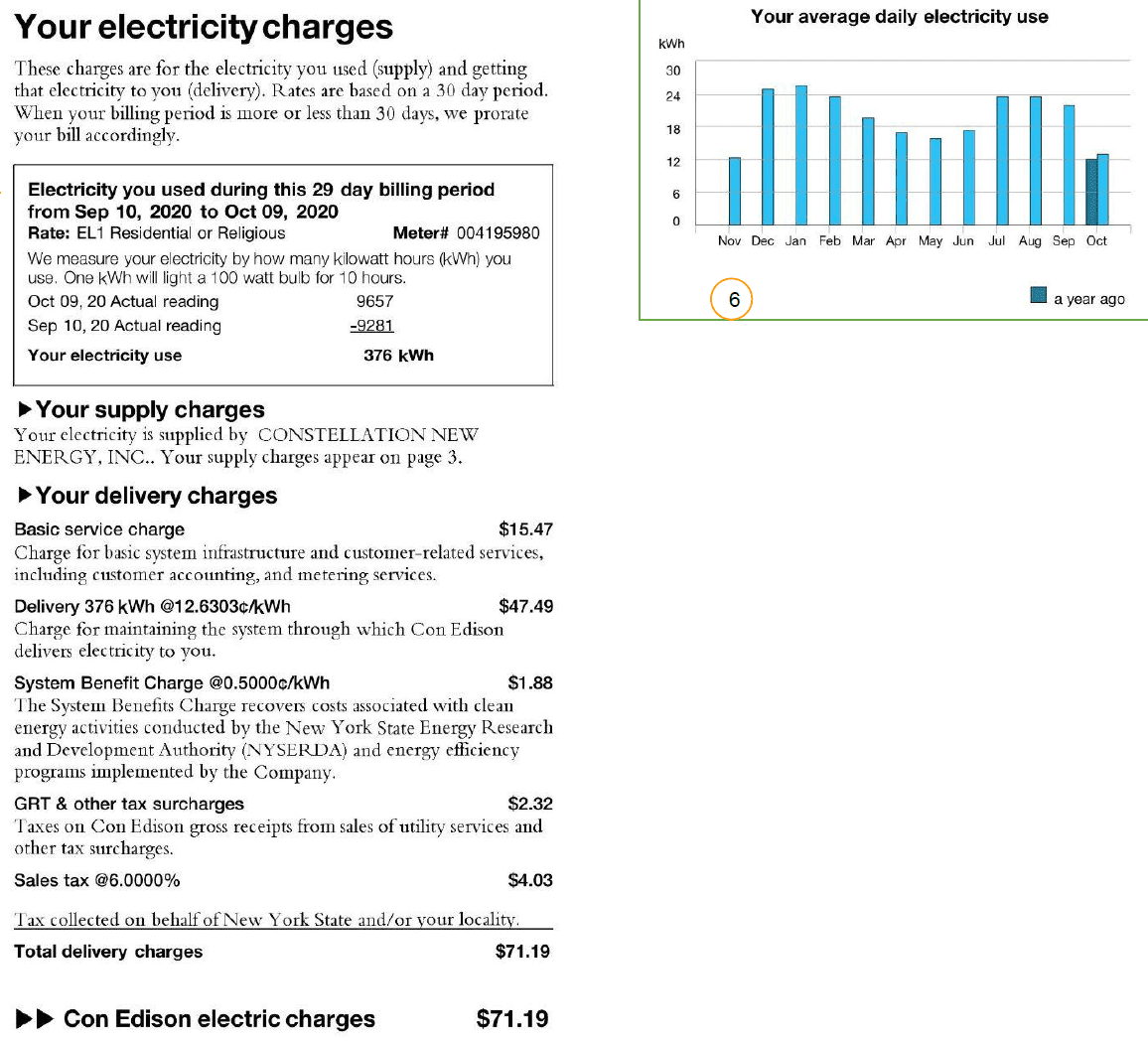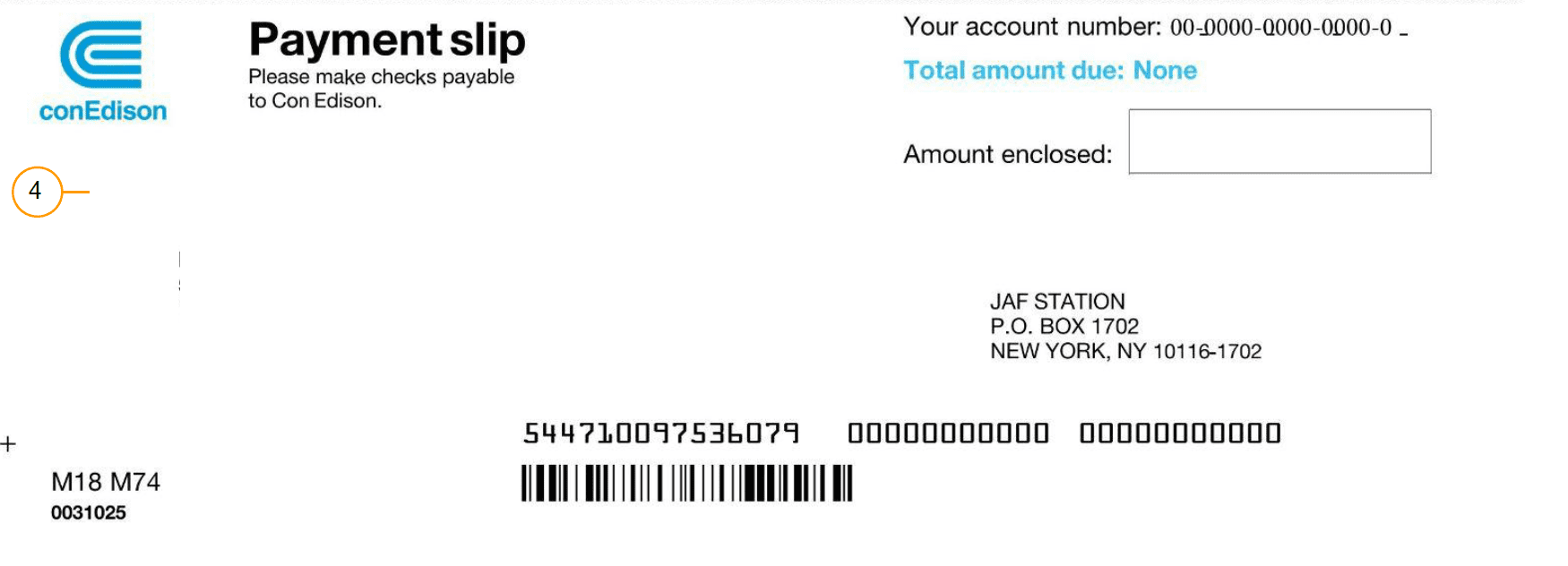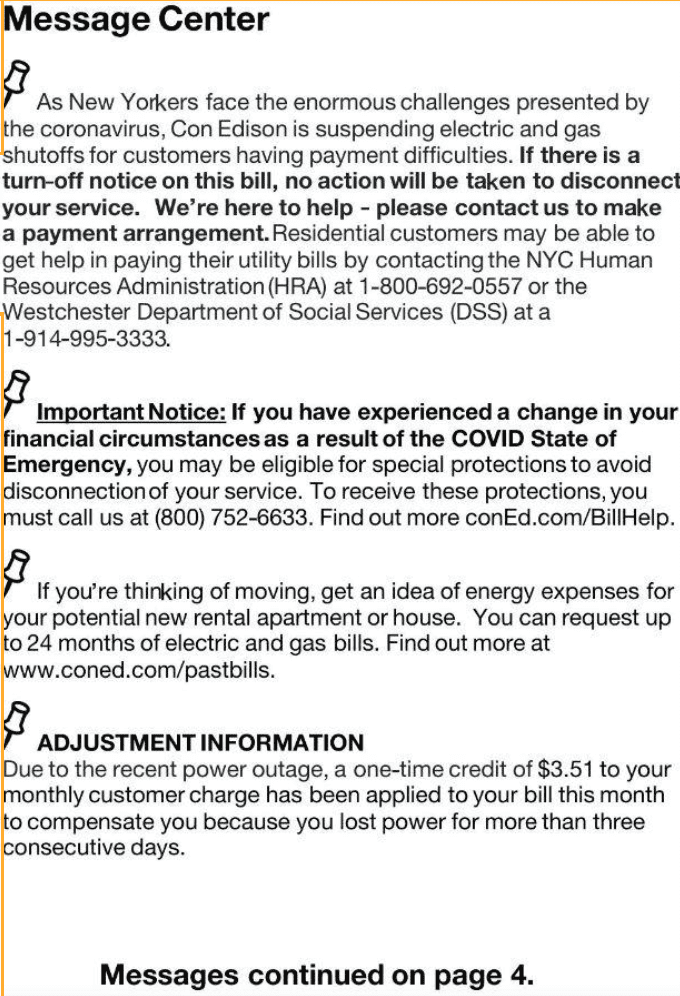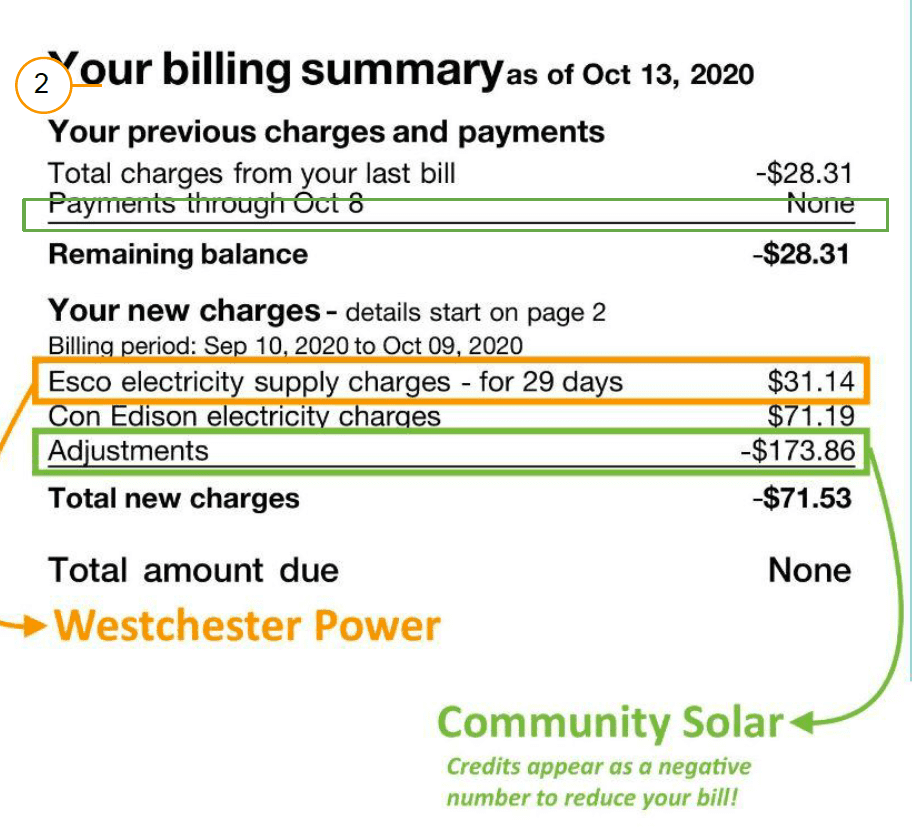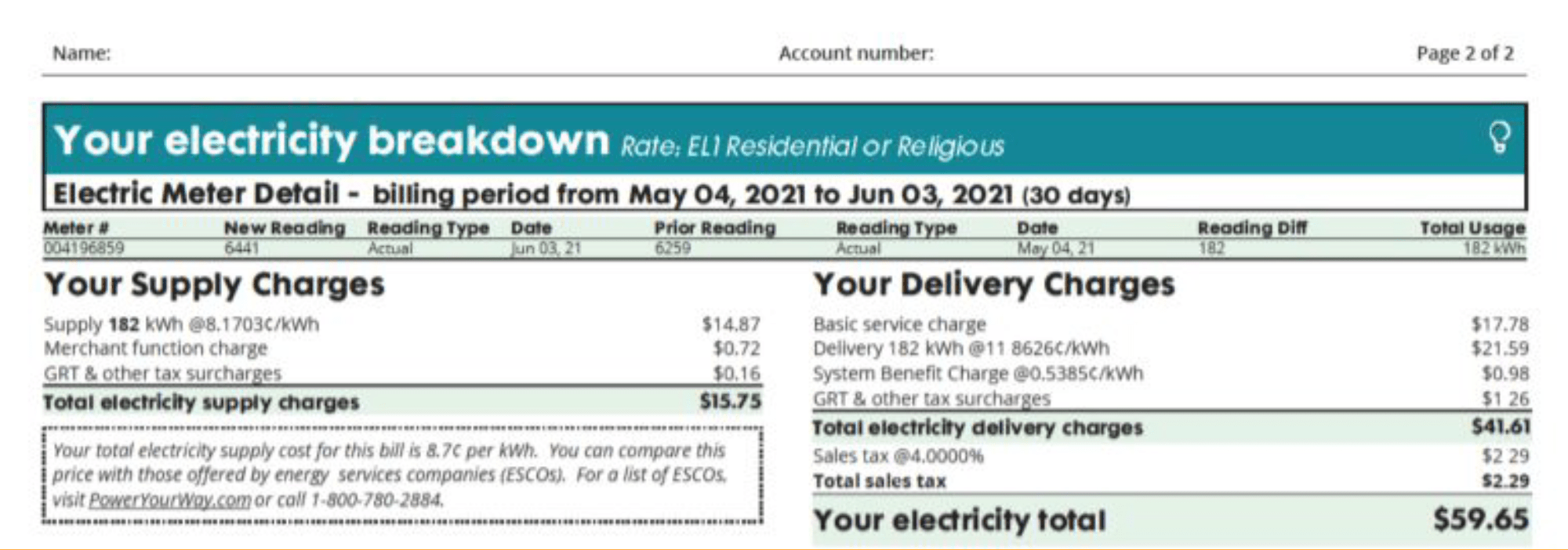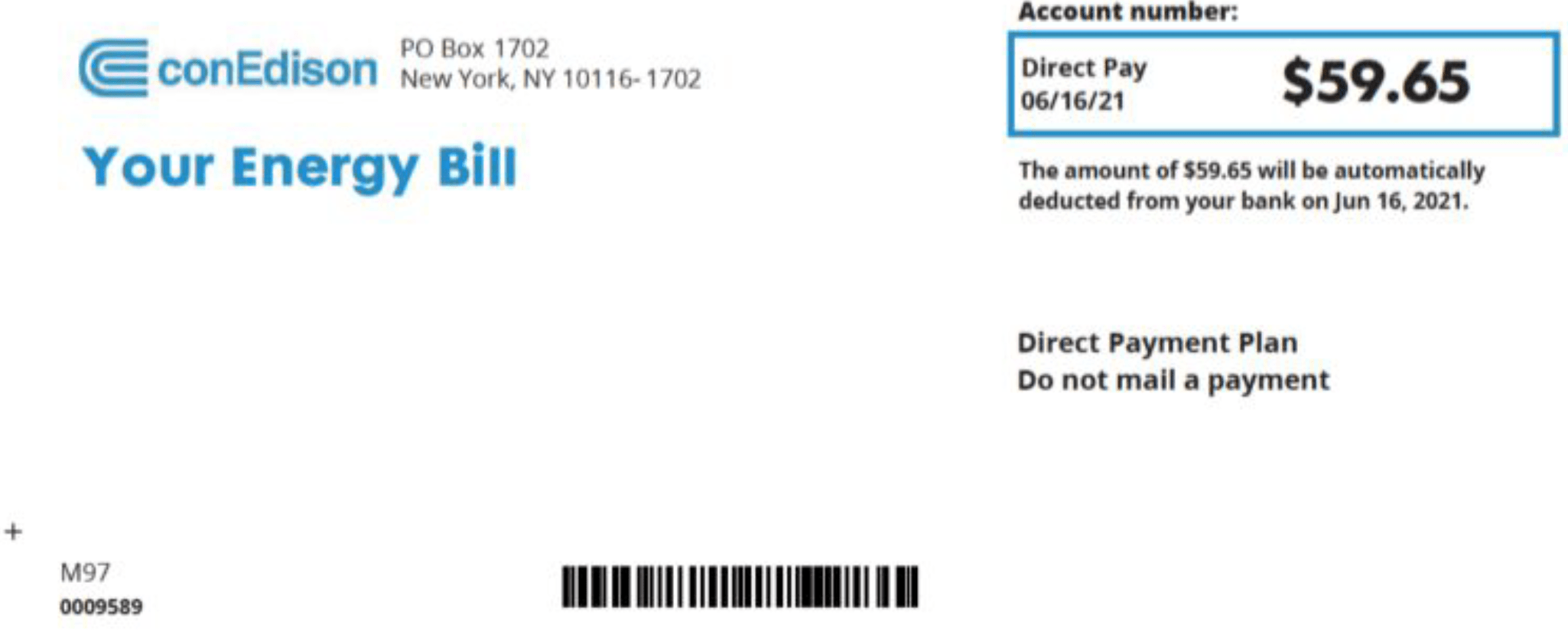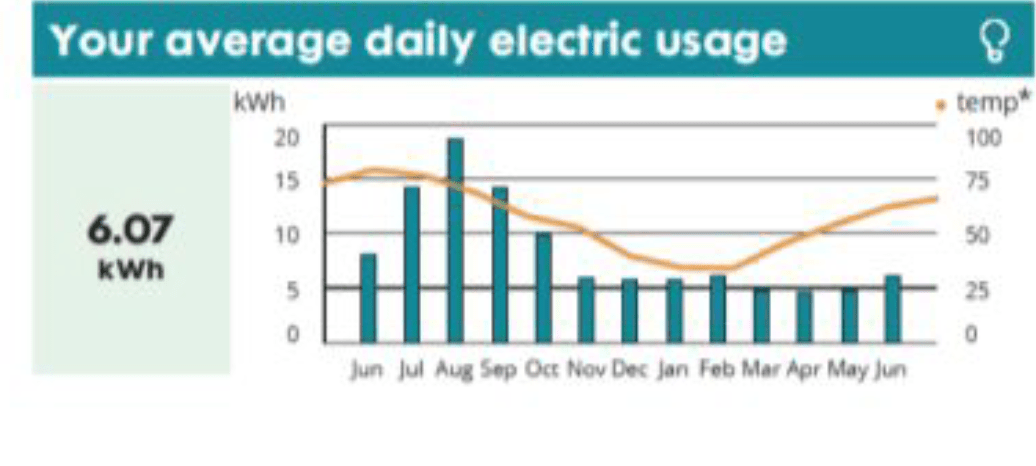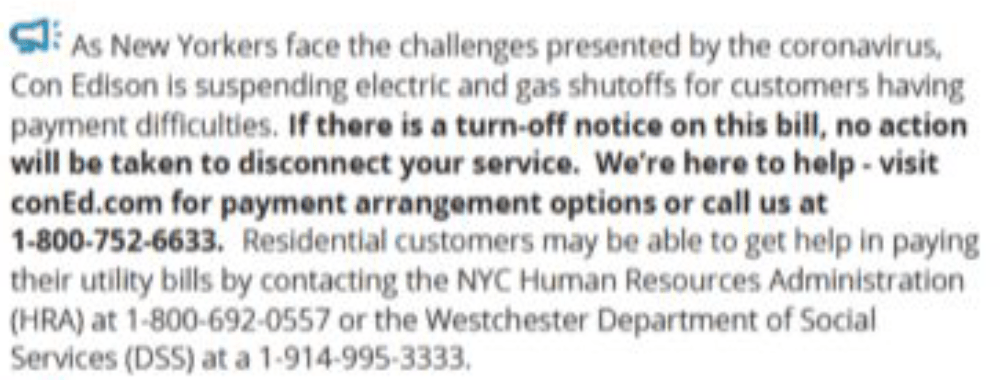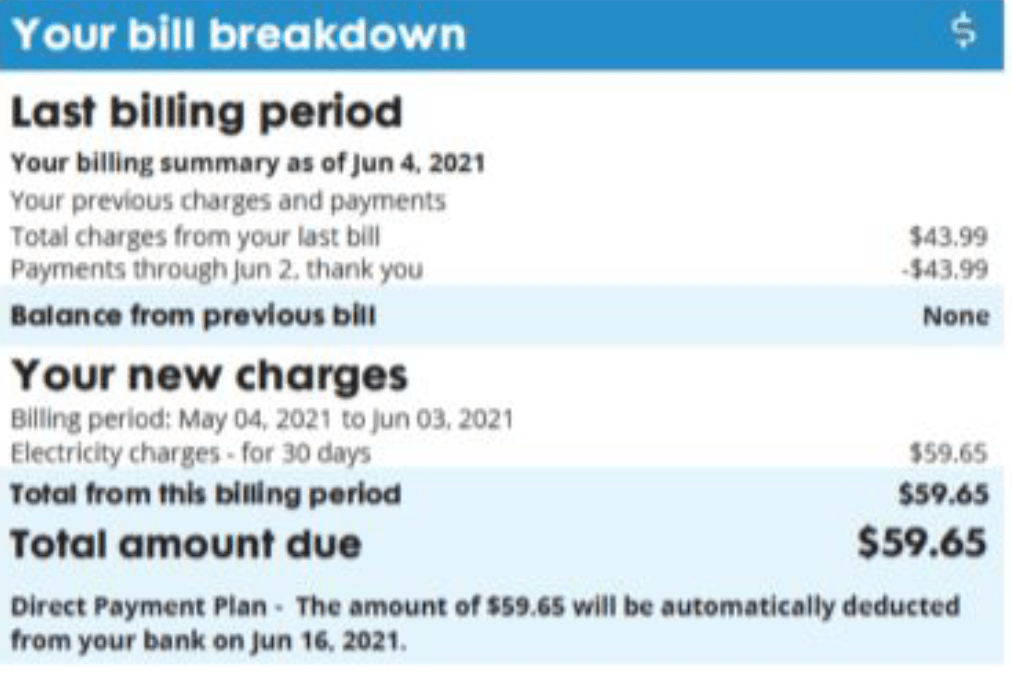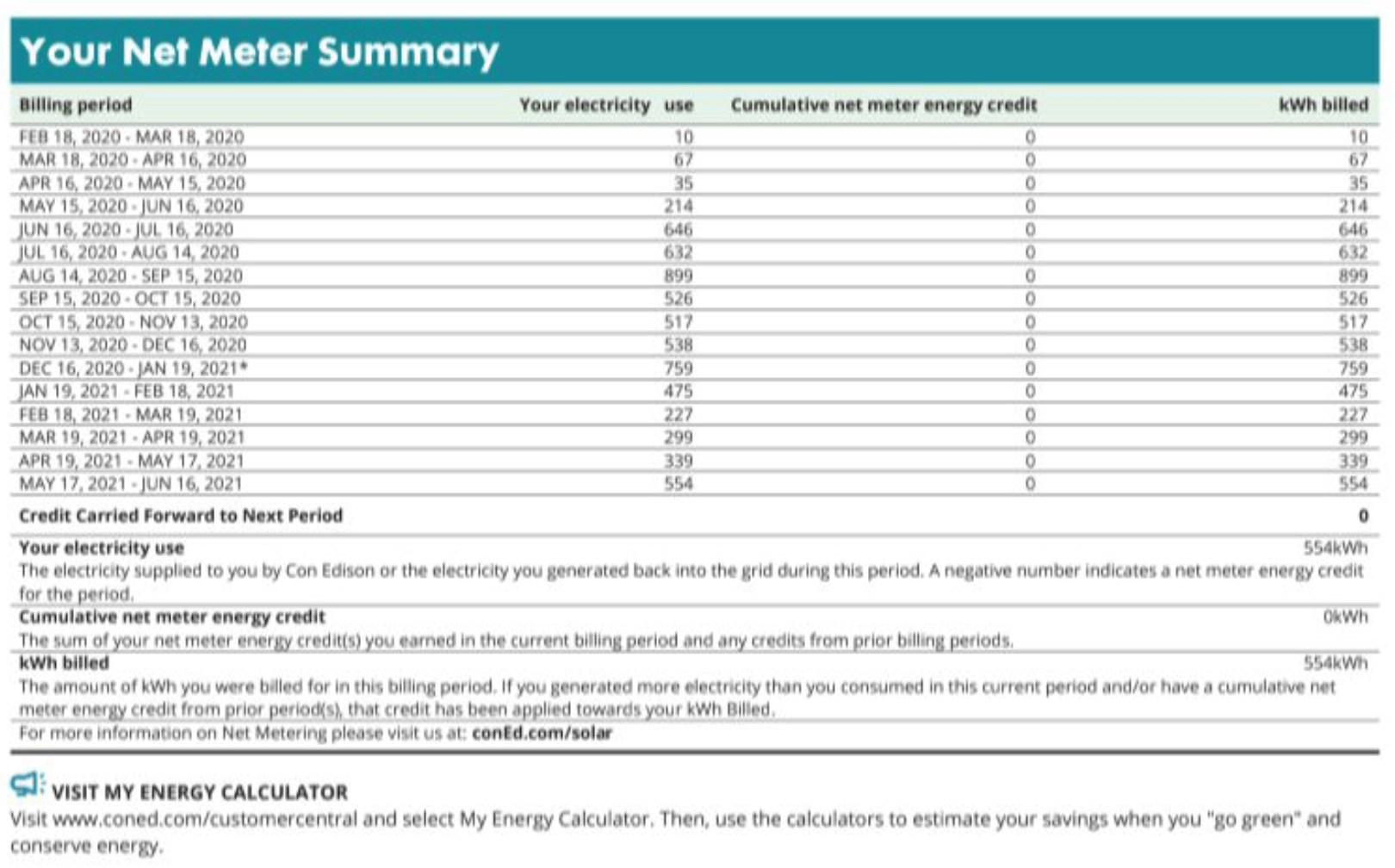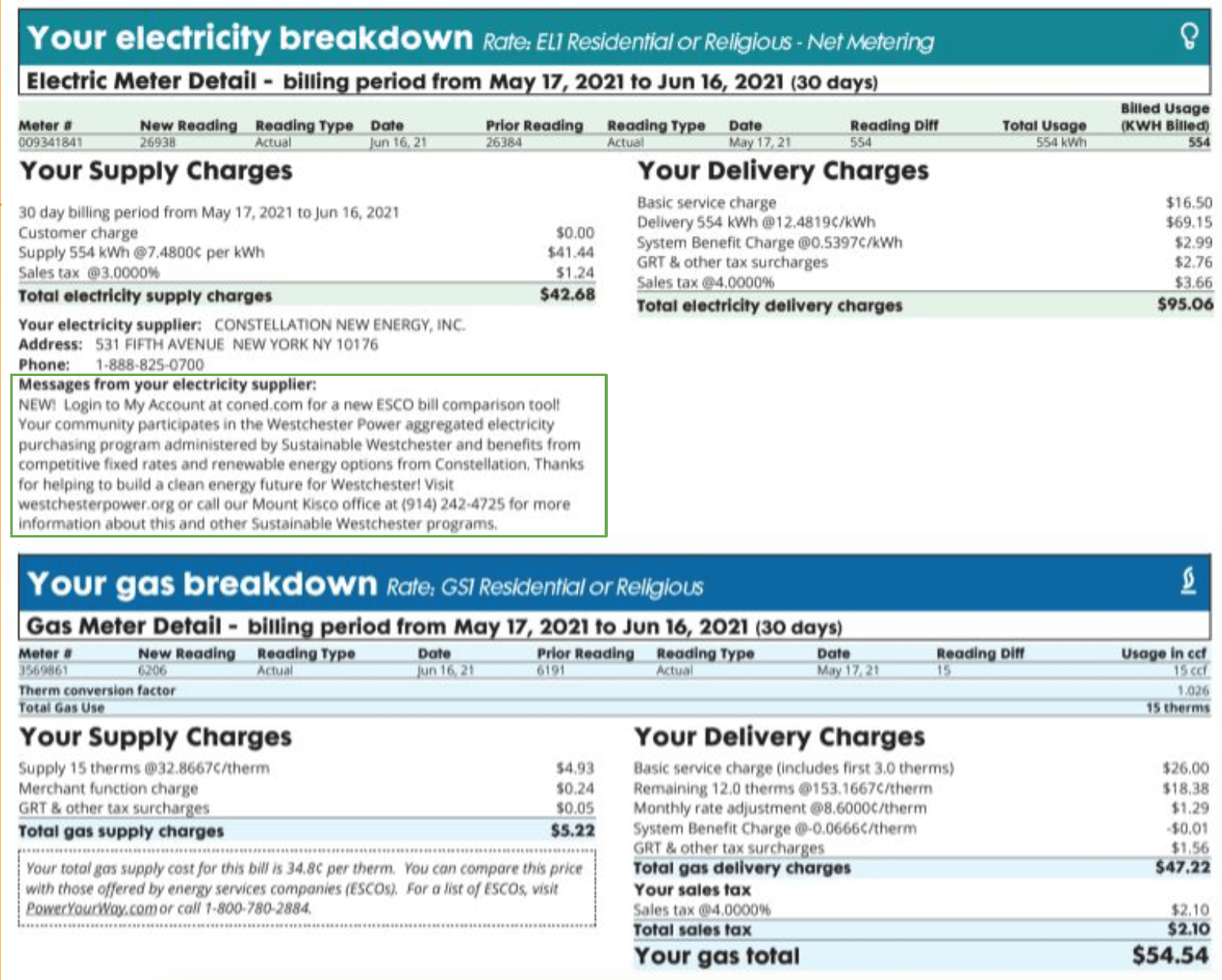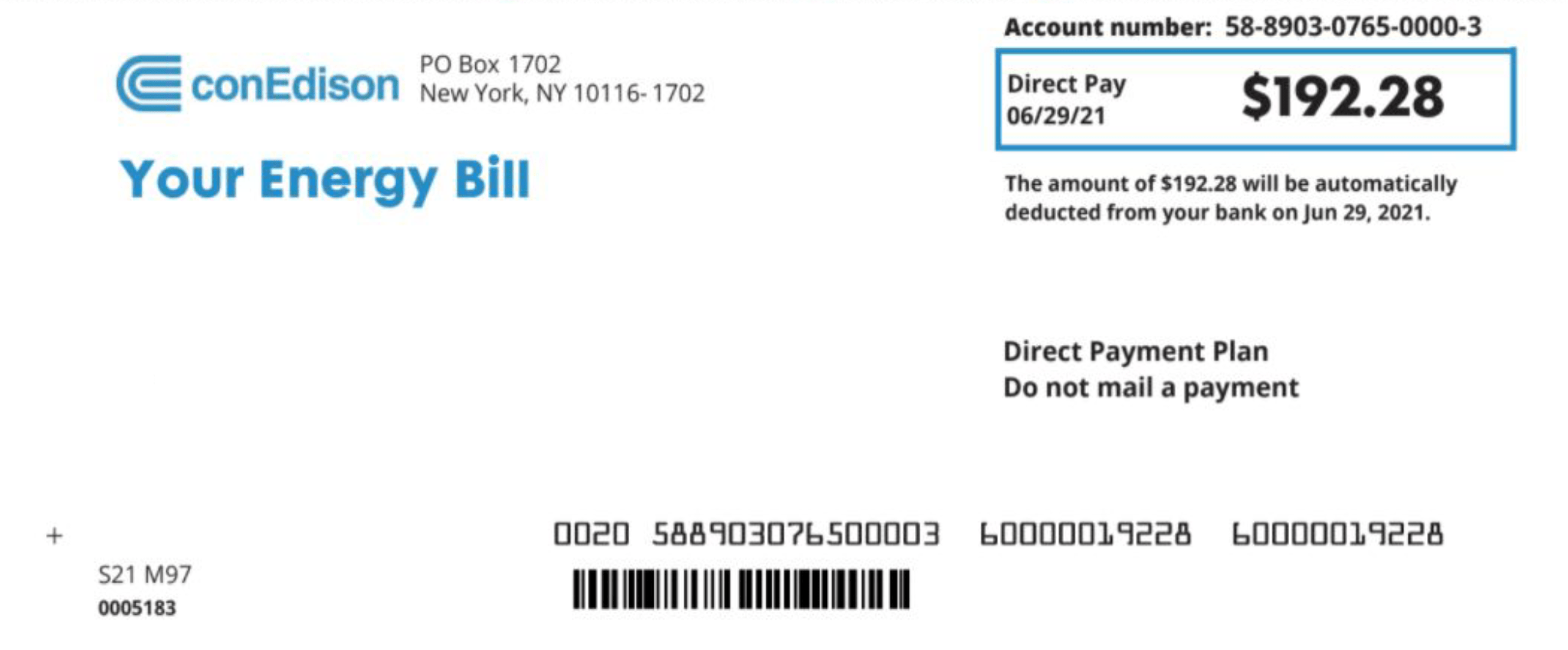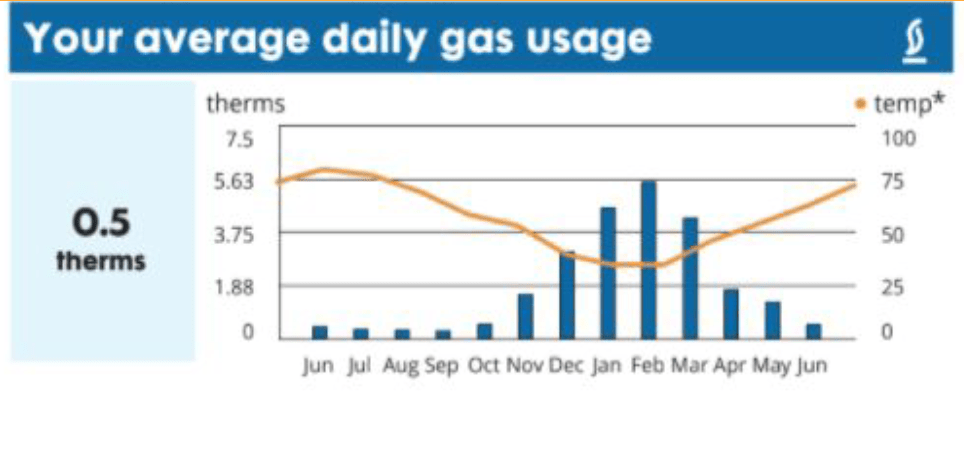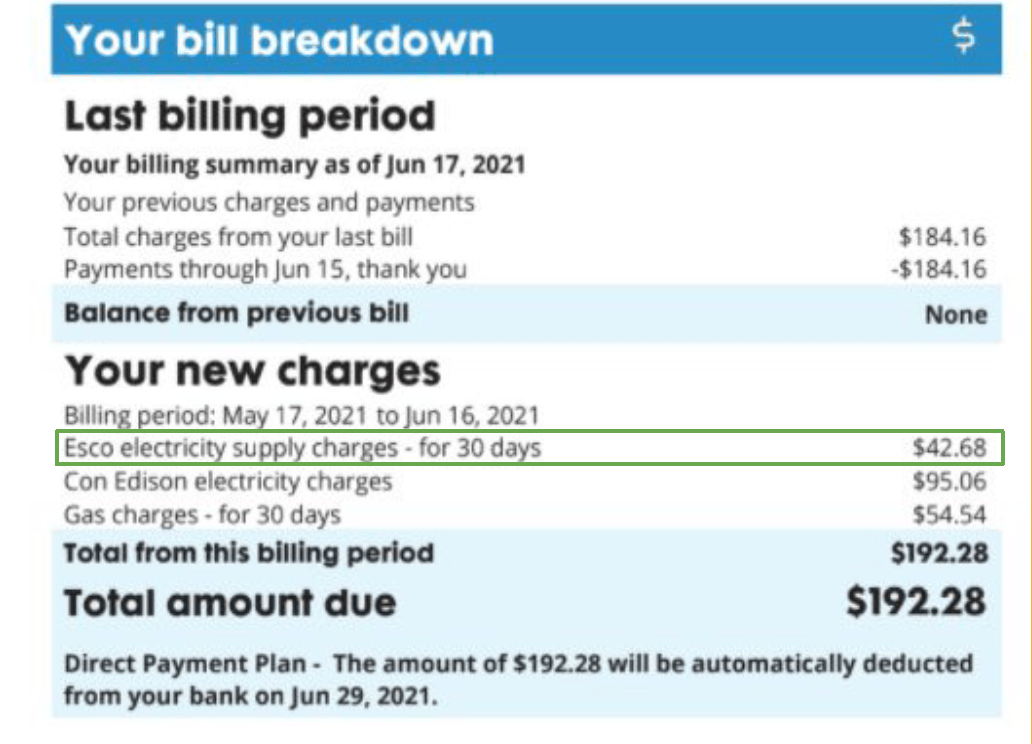Author: Matthew Gutierrez
Three students, three stories highlighting the intersection of sustainability, technology, and economic incentives. As the students outline below, environmental initiatives can be impactful and financially beneficial. In this case, it’s thanks to GridRewards, an award-winning, free app that connects homeowners with their Con Ed account and tells users when and how to reduce their energy usage. Maybe best of all, homeowners can earn extra cash and reduce their energy bills year-round.
Carter Medved, Keyera Gordon, and Aidan Schissler are not only participating in local projects—they’re inspiring others and shaping their future careers around environmental stewardship. Each plans to continue their sustainability education in college. Their experiences offer a glimpse into the growing youth movement for climate action in Westchester County and the innovative approaches they’re employing to create a more sustainable future.
We spoke with each student about their experience with GridRewards, the importance of reducing energy consumption, and their thoughts on growing up in a warming world.
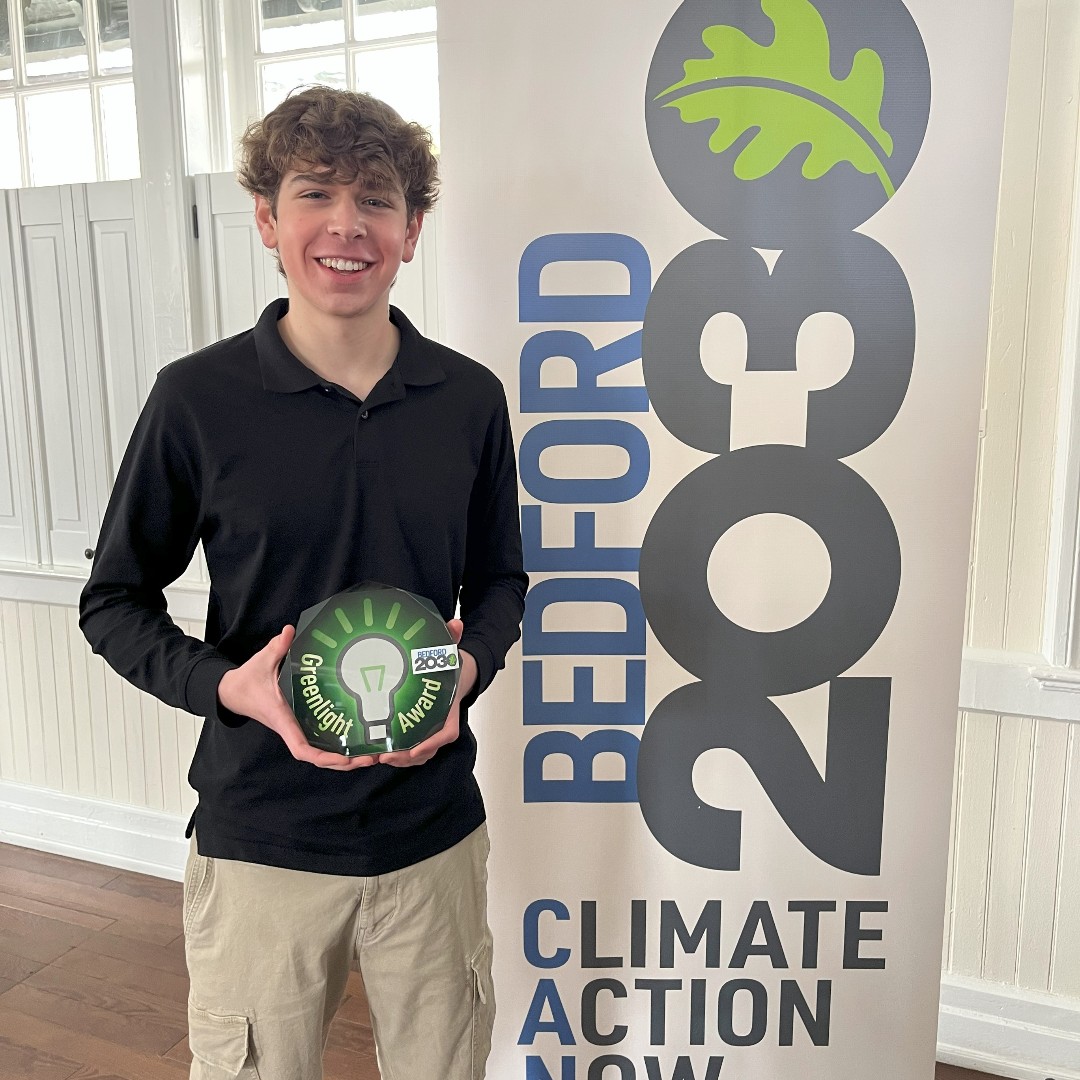
Carter was awarded first place with a cash prize of $500 for his project, “Powering Families Towards Sustainability. His impactful campaign to incentivize homes to adopt the Grid Rewards program, reducing carbon-intensive peaker plants’ reliance on electricity needs, impressed the judges. His successful outreach convinced the judges of the project’s potential for lasting impact.
Meet Carter Medved
In 2020, my family moved from New York City to Westchester. For the first time, I saw how I could impact the environment at home. When we moved here, I saw the effects of climate change, specifically because some of my friends’ homes flooded, causing extensive damage. I had never seen that in the city.
So, we did what we could at home. We switched to LED lights, bought an electric vehicle, and installed geothermal heat. This was inspiring because it helped the environment and was cost-effective, prompting me to help other families do the same.
I’m in the Westchester Youth Congress, which is a group of students from across Westchester trying to do things to help improve the community. Then I connected with Sustainable Westchester, where I began helping promote the GridRewards app because it’s pretty easy to help the environment and earn families extra money. Our selling points included: help the environment and earn money. I’d love to continue Grid Awards for larger buildings or building complexes, like in schools across Westchester. The schools can make money by reducing carbon emissions.
Not all people realize that going green is often a sound economical choice. You don’t need to spend thousands of dollars to help the environment.
GridRewards has helped make me even more interested in climate, so I’m looking at pursuing environmental studies in college. I’ve also been interested in starting my own business one day, and I’d love to create a business to benefit the environment. Last summer, I interned with Tetra, which helps make installing heat pumps in homes easier.
One of the biggest issues is education about climate change. Many people don’t even believe in climate change, which is astounding given that it’s happening in real time. That’s a big issue, so we need more education about it, what’s caused it, and how we can work to address it.
I’ve had education and support at school from teachers, community members, and other students. I encourage others to join local environmental organizations. Being in these motivated groups only pushes you even more. It’s empowering to surround yourself with these groups, and it’s great that conversations about the environment at school have become more normalized.
I have a website called WattSherpa, where I interview people about climate change. I recently spoke with a University of Chicago professor who said we’ll lose the battle unless we make significant innovations and changes. That’s the reality we have to face.
At the same time, I look around and see how so many more people are aware of the environment, and I have hope because the younger generations are driving change and innovation. I’m keeping the faith that we can do this.
Meet Keyera Gordon
I took AP environmental science in 2023, the first class in which I could apply what I learned outside school. My teacher introduced me to the Green Club, and Sustainable Westchester’s Lauren Brois gave a short speech about the initiatives there. Later in the year, she told us about the GridRewards initiative, which I joined. I talked to community members about the benefits of saving energy, and users get a rebate at the end of the summer. It’s cheaper to pay users to power down their energy use at peak times.
The experience with GridRewards was formative. I love environmental science and plan to major in it at Spelman College. In class, we did a lesson on environmental racism. I saw that in the New Rochelle neighborhood where I live, highways were built nearby, causing higher asthma rates compared to other communities. I found that incredibly interesting, so I wrote about it in my college essay.
My grandmother has a garden at my house. I recently did an intergenerational gardening project with her, and she talked to me about how she gardens. She grows tomatoes, strawberries, and all kinds of vegetables. She’s been gardening since she came to this country from Jamaica as a teenager.
I’m inspired by people like Raya Salter, an environmental activist who led a march with us. Although I’m not entirely sure what career path I want to take, seeing an environmental activist and a woman of color has been inspiring.
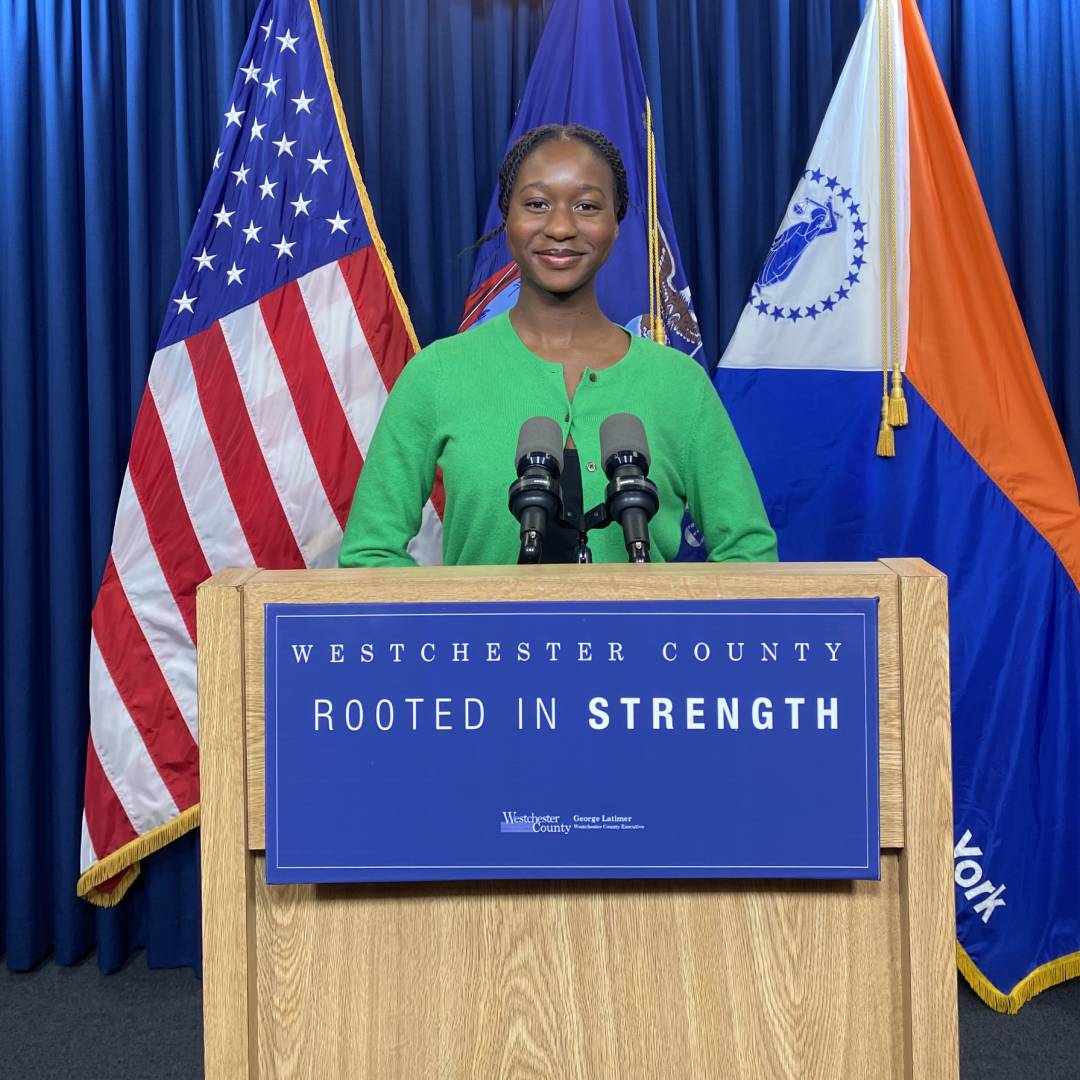
Keyera, who graduated from New Rochelle High School in 2024, is majoring in environmental science at Spelman College in Atlanta. She has assisted Sustainable Westchester in its GridRewards program.
For me, it’s exciting to be a person of color in this field. My neighborhood is near highways and air pollution. When I visit my white friends, they live in and near green spaces and parks. It’s exciting to think I could help create a future that changes that and shifts the playing field. I’ll be at Spelman College, an HBCU, so I’ll be around other Black women, hoping to create change. It’s nerve-wracking but very exciting.
I’m concerned about the future of our climate. The effects of climate change, such as air quality and warming, are evident.
What gives me hope are the groups of younger people who are going out to make a change. They’re making a shift to create a better environment, and we’re taking action on environmental injustice, one step at a time.
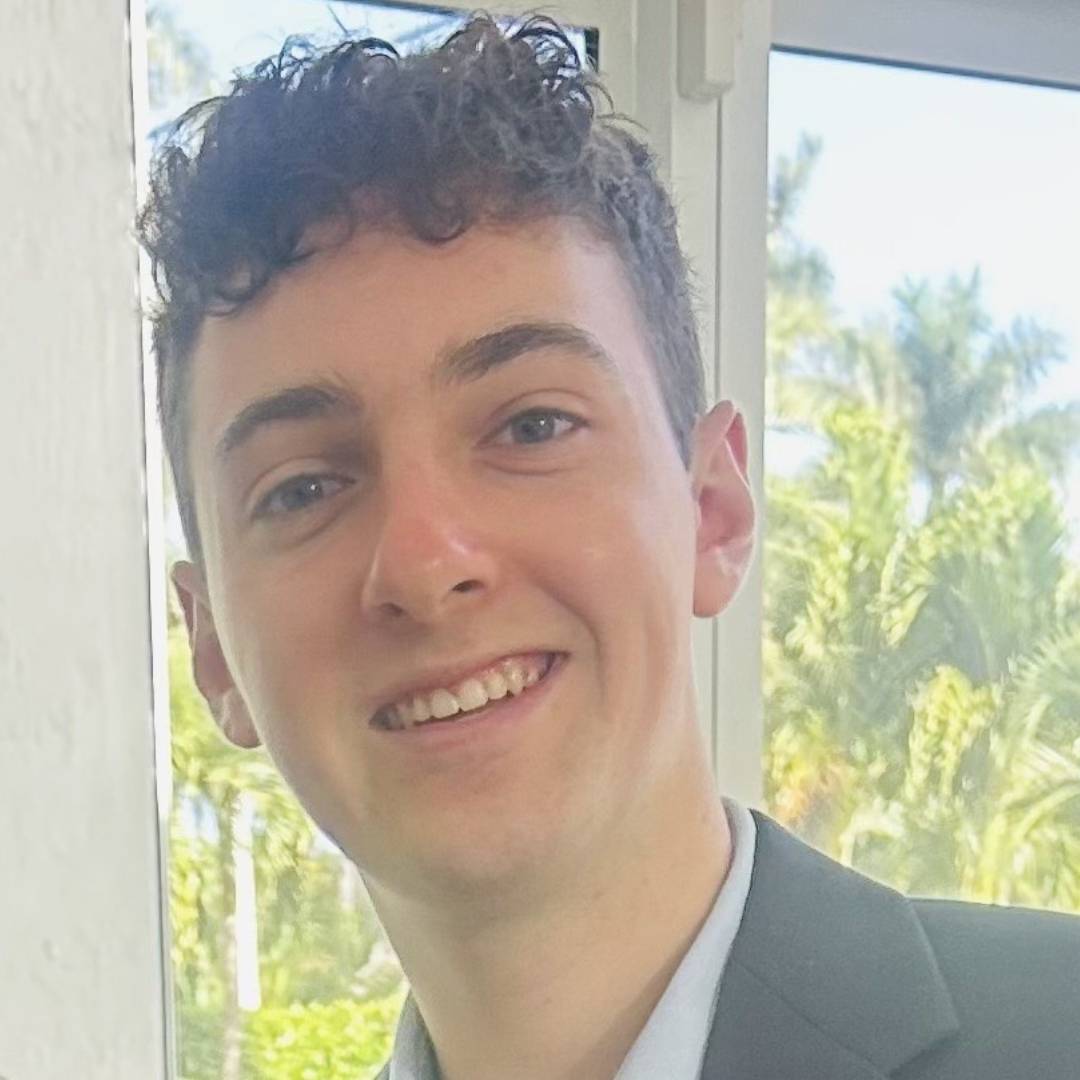
Aidan is a member of the North Castle Sustainability Committee. As the only student member, I’ve acted as a liaison to the school community. In 2023, the committee implemented town-wide composting through a Westchester County-sponsored program, which offers cost savings due to a reduction in waste removal.
Meet Aidan Schissler
When Sustainable Westchester approached our committee to promote GridRewards to North Castle residents, I thought about bringing it to our school district. I loved the idea of pursuing a sustainability initiative in our community that also produces cost savings.
I asked Dr. Jennifer Laden, one of my Global Scholars teachers, to meet with Lauren Brois from Sustainable Westchester to learn more about the program and determine its potential viability at the district level. We were amazed by the technology, energy efficiency, and potential savings it offered. Dr. Laden and I scheduled our next meeting with John Baxter, the Director of facilities for Byram Hills. He was very receptive, and we set up another meeting with Kelly Seibert, the Assistant Superintendent for Business and Management Services, and Michele Kaufman, Vice President of Business Development and Partnerships, from Logical Buildings, to go over the analysis of possible cost savings in the district. Everyone was on board, and the district lawyers approved it. The Byram Hills School District will now participate in demand response in all their schools.
With GridRewards, I emphasize the economic incentive: Homeowners can make money from this.
For years, I’ve worked on local projects to clean up areas and town-wide composting—many towns in my area have composting, and I wanted to bring it to North Castle.
When I was little, my family always participated in the town cleanup around Earth Day. We’d fill up bags of trash along a half-mile stretch. During Covid, the cleanups stopped. In elementary school, members of the town Sustainability Committee came into our schools and helped us learn about sorting our lunch items into different receptacles, composting, and recycling trash. That inspired me.
Moving forward, I want to focus on sustainability and business. My family owns a bakery called Sugar Hi. Every week, they go through hundreds of eggs and banana peels. Since all of it went in the trash, I wanted them to start composting. Now, they’re open to composting all of it. That was one instance where I tried to bring business and sustainability together.
I’m very concerned with the direction in which everything is heading. The bigger issue is that many people don’t believe the earth is warming and don’t know about sustainable practices either. It’s a huge concern.
There’s hope because more programs like GridRewards focus on sustainability. There’s also more awareness of combating climate change. If we all play our part and do what we can, this could lead to real change. Profit can be aligned with purpose.
